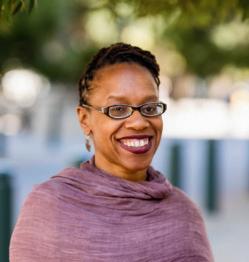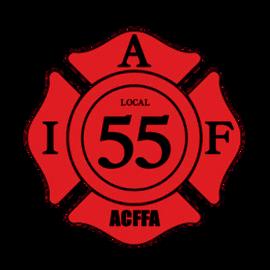









“Where

By Post Staff
Local faith leaders spoke out at a press conference this week at the Democratic Party election headquarters office in Oakland to express their support for Mayor Sheng Thao.
They also urged Oakland resi-
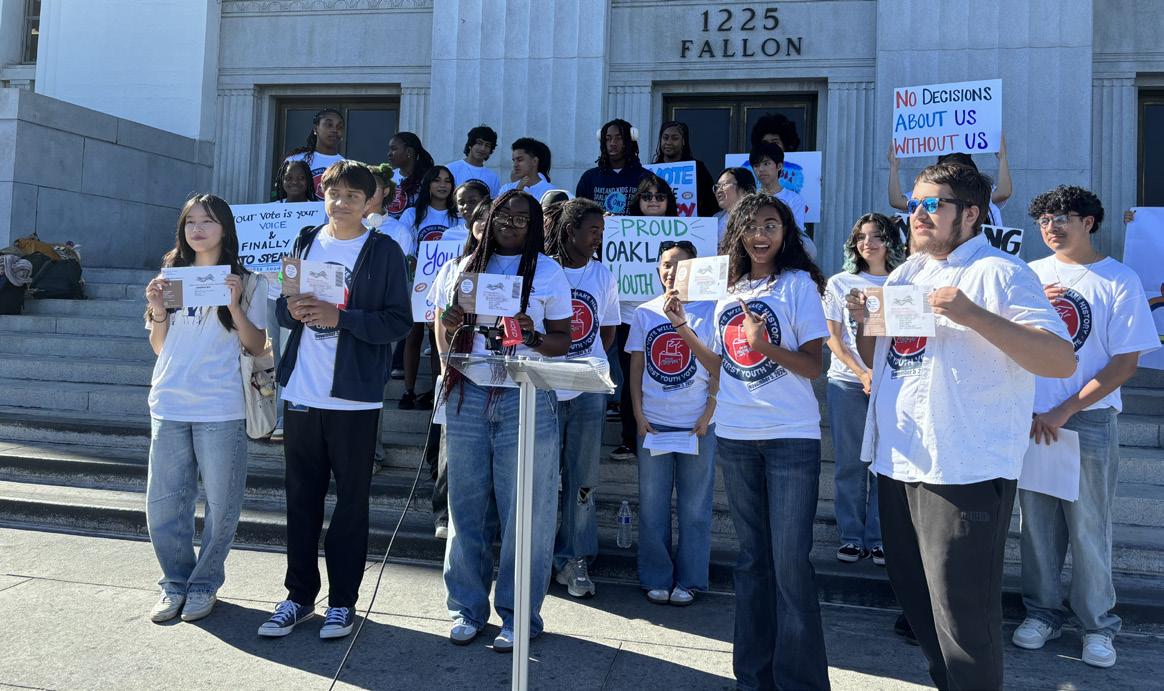
Oakland Unified School District high school teens gathered at Alameda

By Margaret Rossoff Special to The Post
dents to vote “No” on the recall on the Nov. 5 ballot. The leaders in this interfaith coalition, representing the diversity of Oakland’s religious community, organized the press conference on Oct. 22 to show they are standing united against the recall. Speakers said they were concerned that a successful recall would throw the city and its finances into chaos.
Oakland’s Asian Community Rallies Against Recall of Mayor Sheng Thao
‘We’re saving lives in Oakland. What we are doing works,’ said Mayor Thao
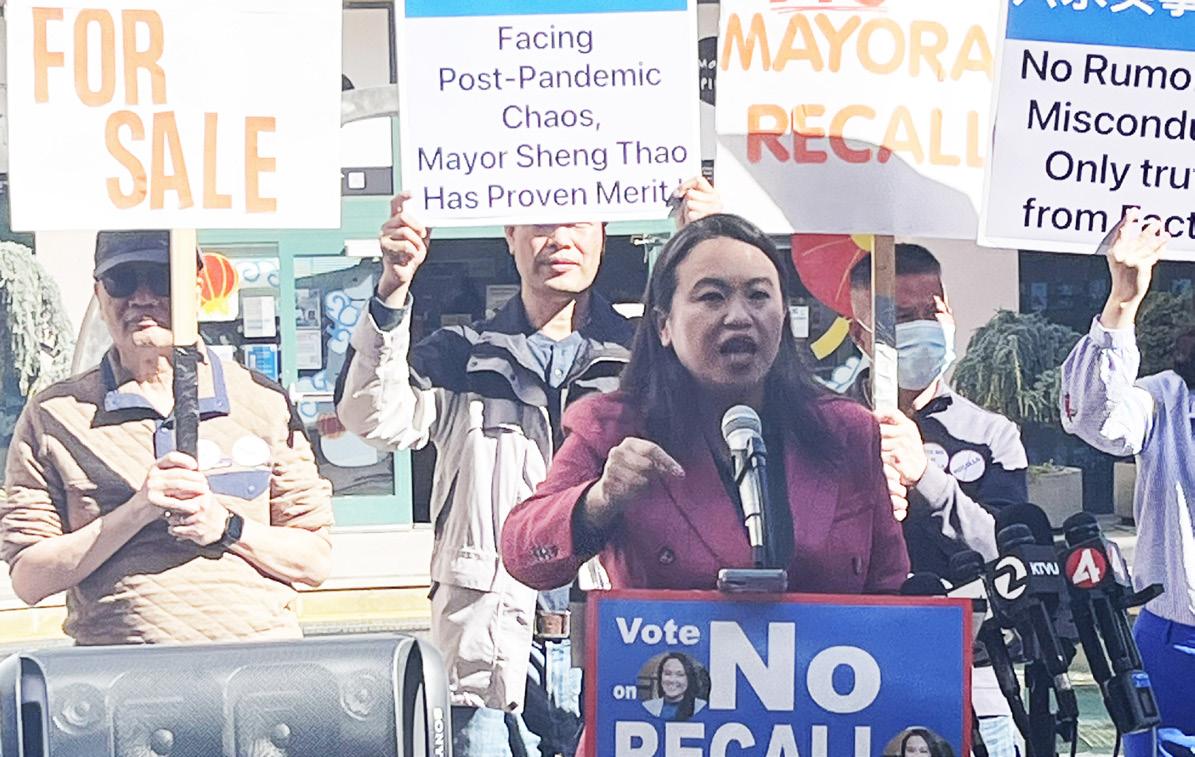
By Ken Epstein
Self-assured and defiant, Mayor Sheng Thao strongly defended her achievements during her first two years as mayor and went on the offensive against billionaires who are funding the recall campaign against her.
Thao was speaking at a rally Oct. 15 in Oakland Chinatown, backed by about 100 supporters.
“Oakland has seen unprecedented challenges during and since the pandemic,” Thao said. “But I stand with you today to tell you that “Oakland has seen 14,000 less crimes this year than last year. This year, we’re headed on the right track,” with fewer homicides than in 2019. “We are saving lives in Oakland. What we are doing works,” she said. Local community and business leaders supporting Thao spoke at the rally, too, which was held in the courtyard of the Pacific Renaissance Plaza in Chinatown. They pushed back on corporate media portrayals of Chinatown residents living in fear of rampant crime and
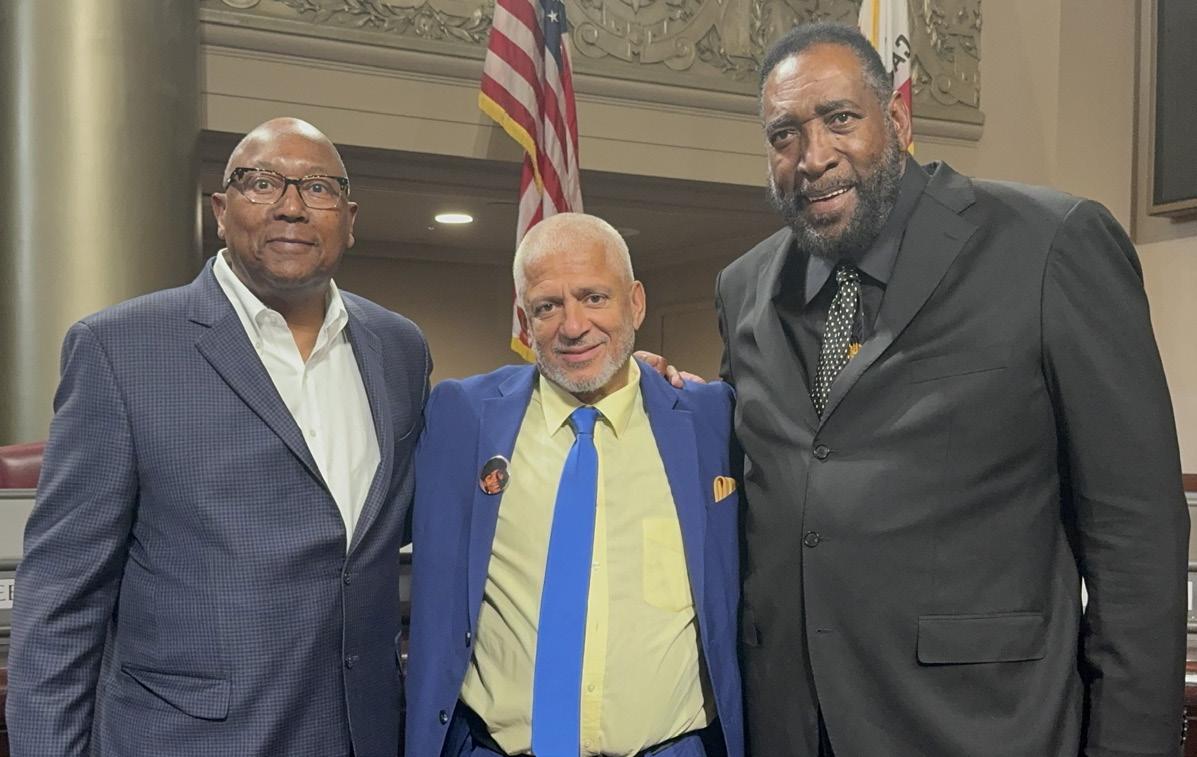
If the recall were successful, the city would have five mayors in three years, creating dysfunction at a time the city desperately needs stable leadership to focus on
By Magaly Muñoz
After five years of campaigning and fighting to be heard, Oakland teens have finally crossed the finish line and began casting their ballots for city school board director elections outside of Alameda County Courthouse this week.
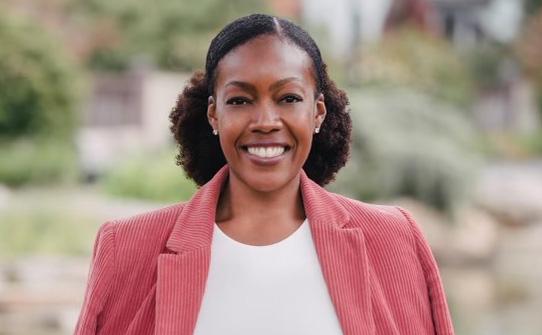
In 2019, after a series of school closures throughout the district, many students felt as if their voices were not being heard or considered when the school board made decisions that would have lasting impacts on their education. This prompted the championing
It’s been two years since negotiations broke down between the City of Oakland and a developer who wants to build a coal terminal here, and the issue has reappeared, quietly, in the upcoming race for Oakland City attorney. Two candidates are running
By Magaly Muñoz
In a few weeks, Oakland residents will vote for new school board directors in four districts across the city.
The Post reached out to the eight candidates across Districts 1, 3, 5, and 7 to see what their views are on various topics concerning the OUSD community. Below are questions and answers from District 5 candidate Patrice Berry.
Sasha Ritzie-Hernandez, the other D5 candidate, did not respond to requests for written or phone interview responses.
Responses have been edited for
Donald Lacy Special
length and clarity.
Q1: What do you think the biggest challenge will be to address while on the board?
Berry: The very biggest challenge for the board is probably balancing the budget in the short term while also establishing a plan for fiscal sustainability. It’s worth noting that in addition to our fiscal challenges, OUSD faces these big challenges: low literacy, math, and postsecondary readiness performance and public safety. Another opportunity includes improving student and educator well-being.
Q2: Given the large financial
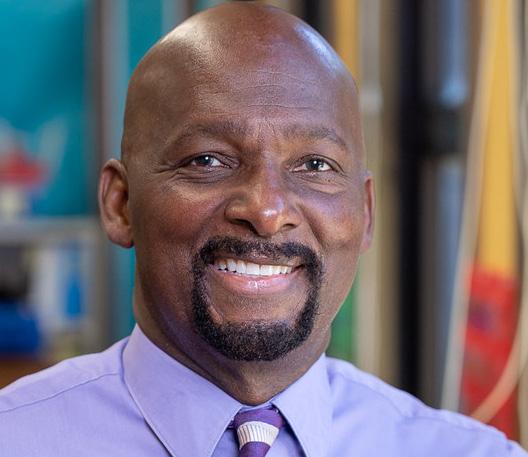
By Magaly Muñoz
In a few weeks, Oakland residents will vote for new school board directors in four separate districts across the city.
For the first time in California’s history, 16- and 17-yearolds in Oakland will be able to vote in their respective school board elections in November 2024. This initiative is a collab-
orative effort by the County of Alameda, the City of Oakland, and the Oakland Unified School District,
The Post reached out to the eight candidates across Districts 1, 3, 5, and 7 to see what their views are on various topics concerning the OUSD community. Below are questions and answers from District 7 candidate Clif-
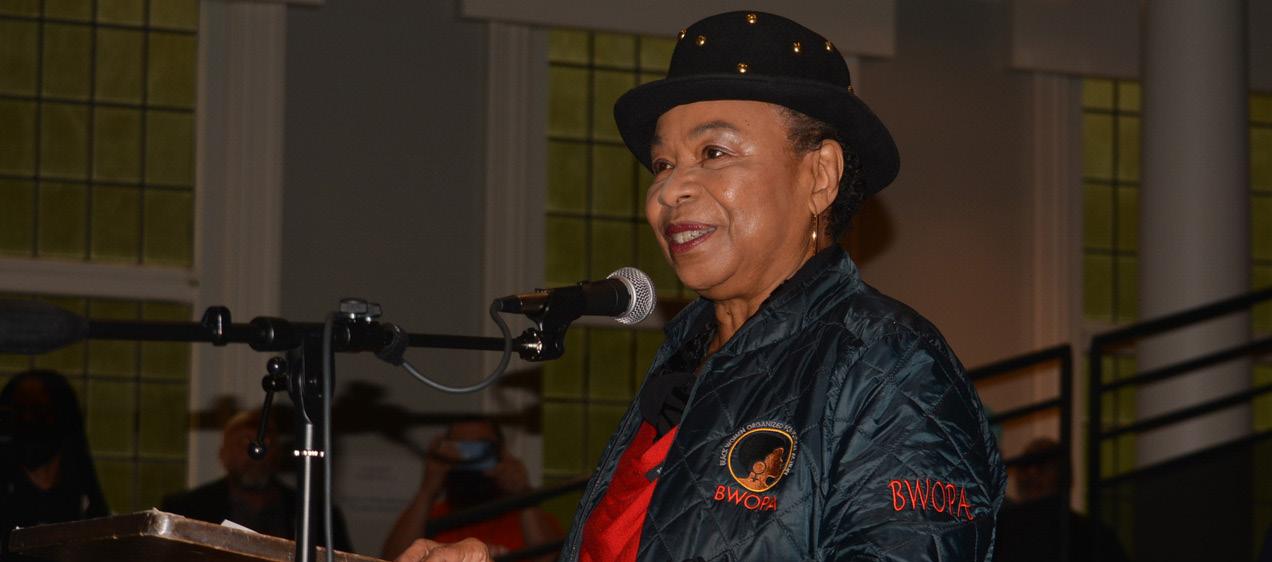
By Edward Henderson
California Black Media
Last week, the Kamala Harris campaign released its Opportunity Agenda for Black Men.
On Oct. 16, California Black Media (CBM) spoke with HarrisWalz campaign surrogate, Congresswoman Barbara Lee (D-CA12), who shared more insights on Harris’ agenda and the importance of securing the Black Male vote.
“She has said very clearly that she wants to earn the vote of everyone. And that means earning the vote of Black men,” said Lee of Harris. “She understands the systemic and historic challenges that Black men have. You haven’ t heard of a presidential candidate coming up with a concrete actual plan and policy agenda.”
The agenda includes five focus areas based on insights she gleaned from hosting discussions with Black men during her Economic Opportunity Tour:
1. Provide 1 million loans that are fully forgivable to Black entrepreneurs and other disadvantaged groups to start businesses.
2. Champion education, training, and mentorship programs that help Black men get good-paying jobs in high-demand industries. It will also develop more
accessible pathways for Black men to become teachers.
3. Support a regulatory framework for cryptocurrency and other digital assets so Black men who invest in and own these assets are protected.
4. Launch a National Health Equity Initiative focused on Black men that addresses sickle cell disease, diabetes, mental health, prostate cancer, and other health challenges that disproportionately impact them.
5. Legalize recreational marijuana and create opportunities for Black Americans to succeed in this new industry.
“[Vice President Harris] knows that Black men have long felt that too often their voice in our political process has gone unheard and that there is so much untapped ambition and leadership within the Black male community,” the language in the agenda states. “Black men and boys deserve a president who will provide the opportunity to unleash this talent and potential by removing historic barriers to wealth creation, education, employment, earnings, health, and improving the criminal justice system.”
Diving into Harris’ agenda, Lee says, reminded her of her own record of supporting Black men over
the years as an elected official. In the 1990s, she established the first California Commission on African American Males through which she pressured the state to address urgent economic, health and social challenges specific to Black men.
“No group of people are a monolithic group of people,” said Lee She’ s not taking any vote for granted. I’ve known her over three decades and I believe she is being herself. She’ s authentic,” Lee added.
Each of the five key points addressed in the Harris Campaign’s agenda, Lee says, has additional clauses that can potentially help Black men and their families thrive. This includes lowering rent; up to $25,000 in down payment help for first time homebuyers; and cutting taxes for Black men in lowerwage jobs by increasing the Earned Income Tax Credit maximum to $1,500.
“I think the message is one of empowerment for Black men — regardless of whether they’re a bluecollar worker, if they’re not working, if they’re in business, if they’re an entrepreneur, whatever background or whatever they’re doing or experiencing life. I think the authenticity of their experience can only be articulated through them,” said Lee.
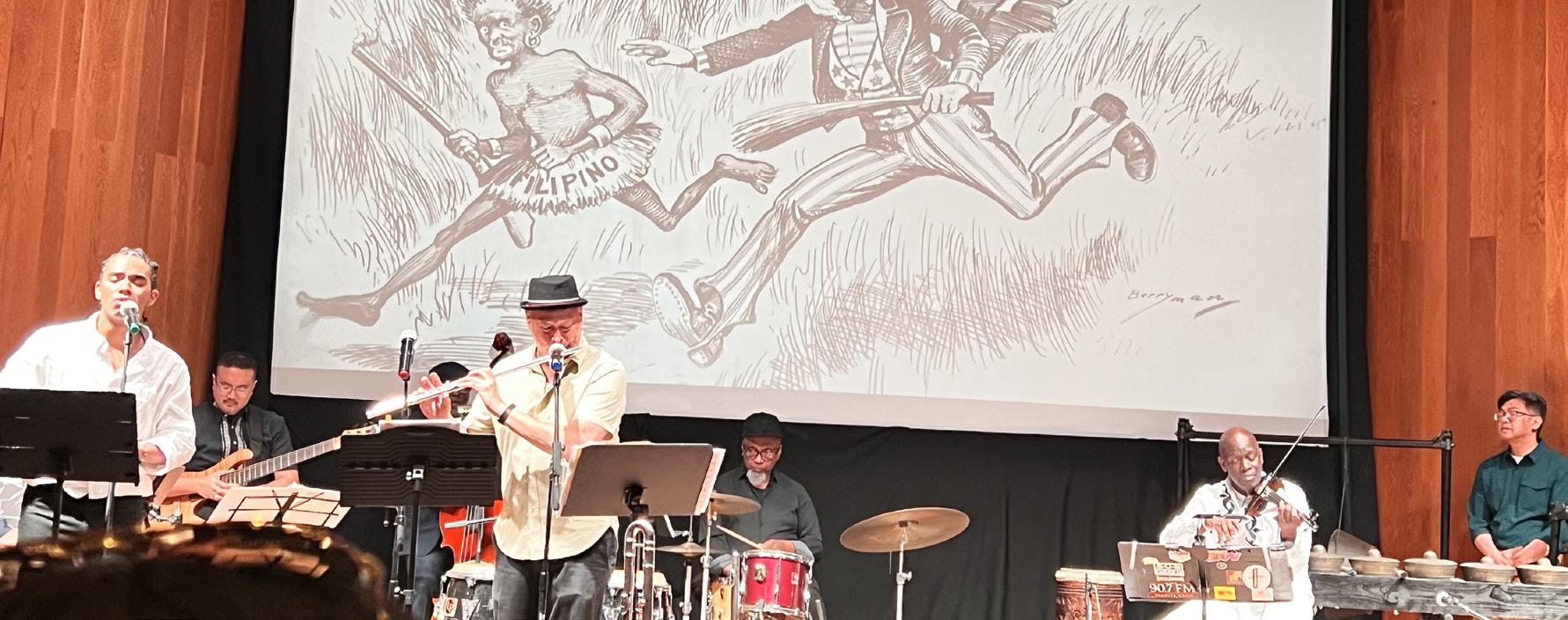
‘McDonald’ Trump Goes Off (Color) on Arnold Palmer. Plus, Blacks and Filipinos Link at Jazzed-Up Buffalo Soldiers Tribute
By Emil Guillermo
After manning the fry station in Bucks County, what will “McDonald Trump” do next? The Palabok and Chicken Joy at the Philadelphia Jollibee for the Filipino vote? Unlikely.
But there’s a reason for everything the candidates do now. For example, Trump’s recent reference to Arnold Palmer’s manhood. I’ll explain.
We are in full campaign stunt mode. Candidates, it seems, would do anything to grab what’s left of the still-undecided-yet-persuadable voters.
The candidates are resorting to what I call “fracking” for votes. It’s where candidates inject hot liquid rhetoric deep down into the electorate at high pressure to create fissures, openings, hoping to loosen things up to allow extraction—not for oil or gas—but for those hardto-get voters.
So, Trump went fast food for some fast votes, but Harris topped him, saying she’d work to change the federal minimum wage from $7.25 so that service workers could afford a decent life. What’s Trump offering? Extra ketchup?
Last week, Trump was in Latrobe, the birthplace of the great golfer Arnold Palmer. At a campaign event, he elevated Palmer and the girth of his manhood into
the 2024 campaign rhetoric.
It was crude and unpresidential.
But Trump’s a convicted felon, who has been found liable of sexual assault and defamation in a civil court and has lied repeatedly on just about everything. After the Access Hollywood tape of 2016 where he crudely talked about grabbing women by their p—y, how would he top it in 2024? Trump used Palmer to “frack” for votes among undecided men, suburban women, Blacks, and Latinos.
OAKLAND MUSEUM of CALIFORNIA’S FILIPINO AMERICAN HISTORY TRIBUTE
I went to a unique celebration at the Oakland Museum of California last weekend.
John Calloway, jazz musician and San Francisco State music lecturer, presented his live multi-media experience on Buffalo Soldiers and the Philippine American War to a packed theater.
Calloway’s grandfather John W. Calloway was a Buffalo Soldier, the Army’s regiment of Black soldiers who served in the Philippines in the 1890s. He also reported on the war for the Black press, notably the Richmond Planet. While the mainstream press insisted on the colonization of the Philippines and its savage people, John W. Calloway’s compassionate writings showed

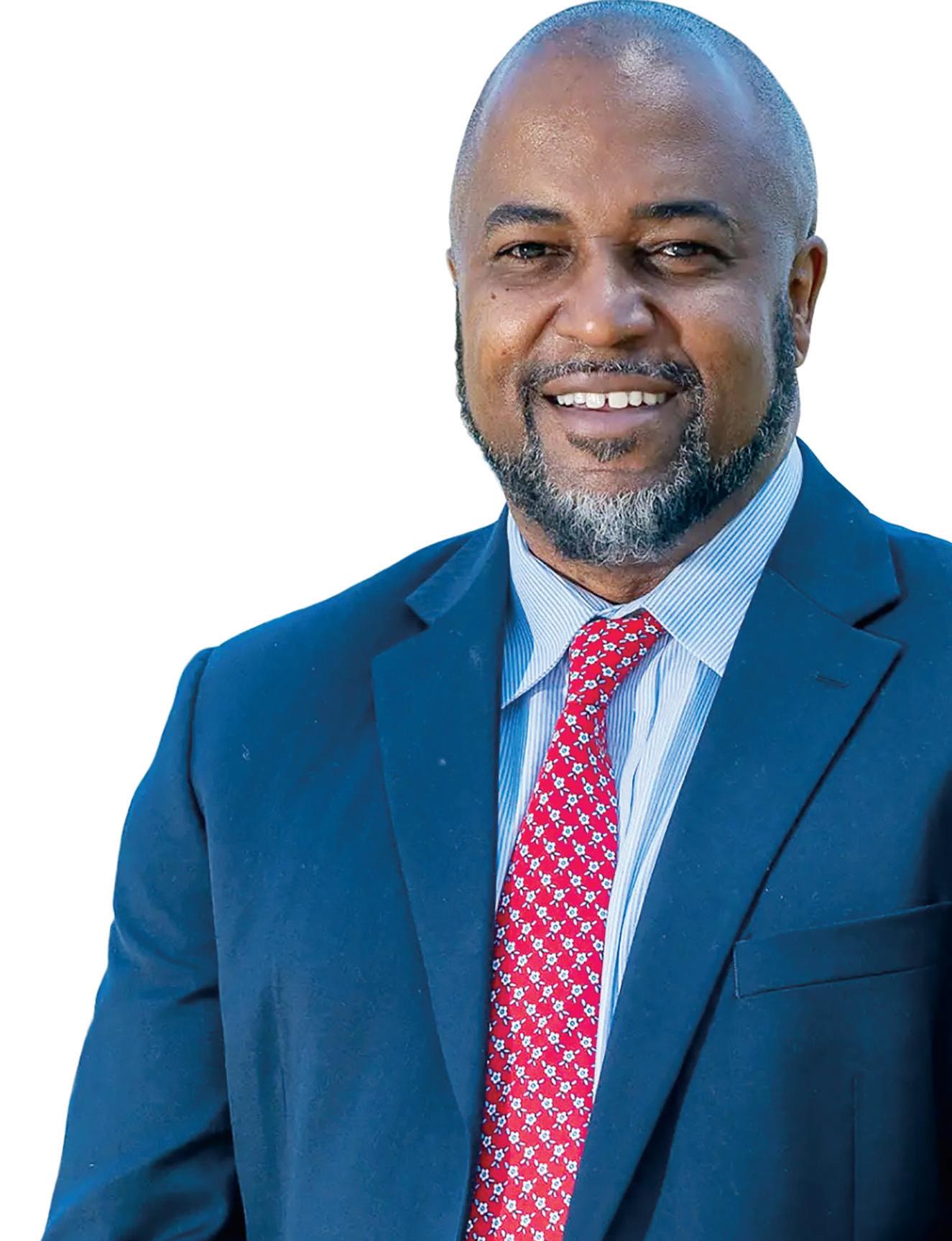
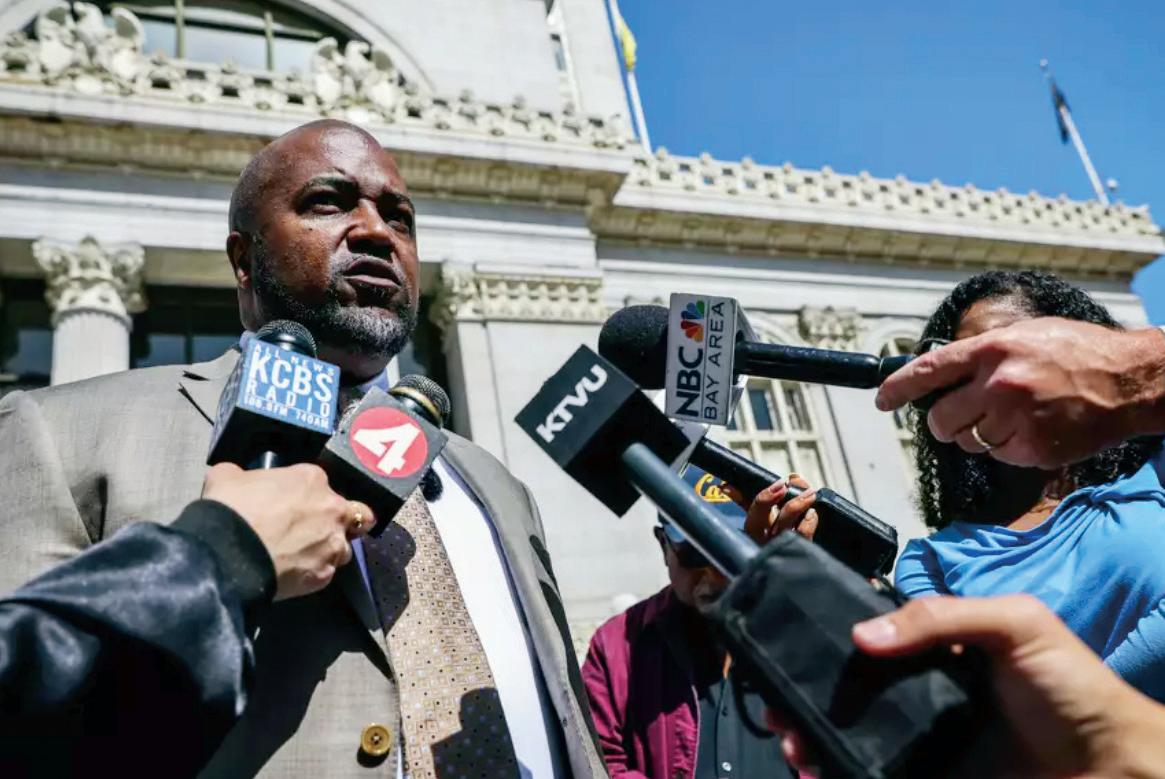

how Filipinos were anything but savages.
It was a two-way street. Through the Buffalo Soldiers, Filipinos learned about American culture and the difference between white and Blacks. “The colored soldiers do not push us off the streets, spit on us, call us damn niggers, abuse us in all manner of ways, and connect race hatred with duty,” a Filipino interviewee told John W. Calloway. He concluded, “The future of the Filipino I fear, is that of the Negro of the South.”
He said no one has any scruples regarding the rights of the Filipino, who is kicked, cuffed at will, drawn up and degraded before their eyes, cast into prison after prison, stripped and searched time and again, humiliated, brutalized. It was one of the best Filipino American History Month celebrations I have ever attended. Enough facts and all the feels. Get tickets to the show here: https://themarsh.org/mondaynight-marsh-stream/
About the Author Emil Guillermo is a journalist and commentator. See his microtalk show on www.patreon.com/ emilamok. He performs an excerpt from his Emil Amok Monologues, “Transdad,” Nov. 4 and 18 at the Marsh, 1062 Valencia St, San Francisco.

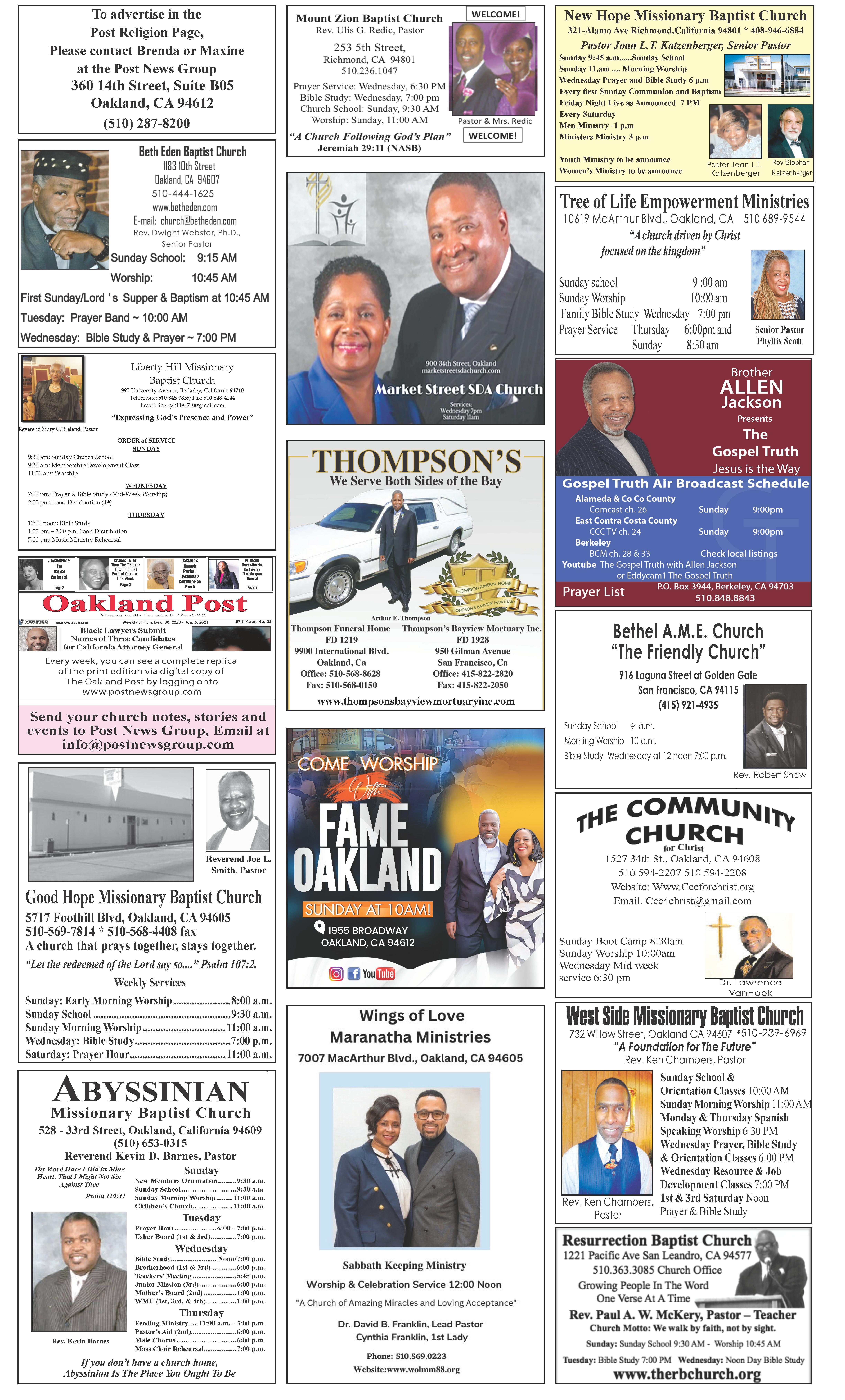
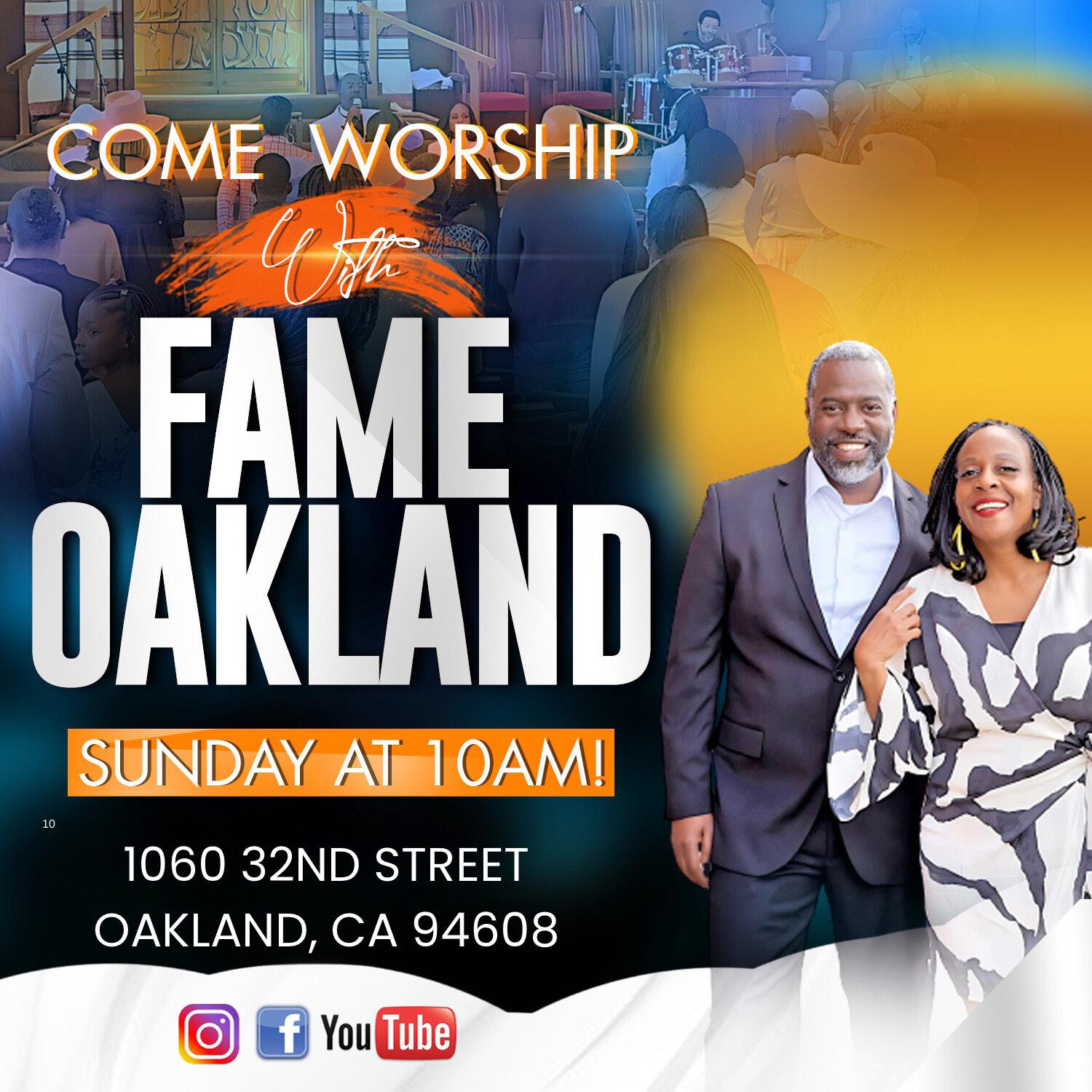

Adult Day Program
Dedicated staff needed to work with individuals with developmental disabilities in communitybased settings, or environments. Qualifications: High school or equivalent. Driver’s license. Dependable and efficient. Background check. Physical exam and TB test. Training available. Decent wages. Please call (510) 690-9570.
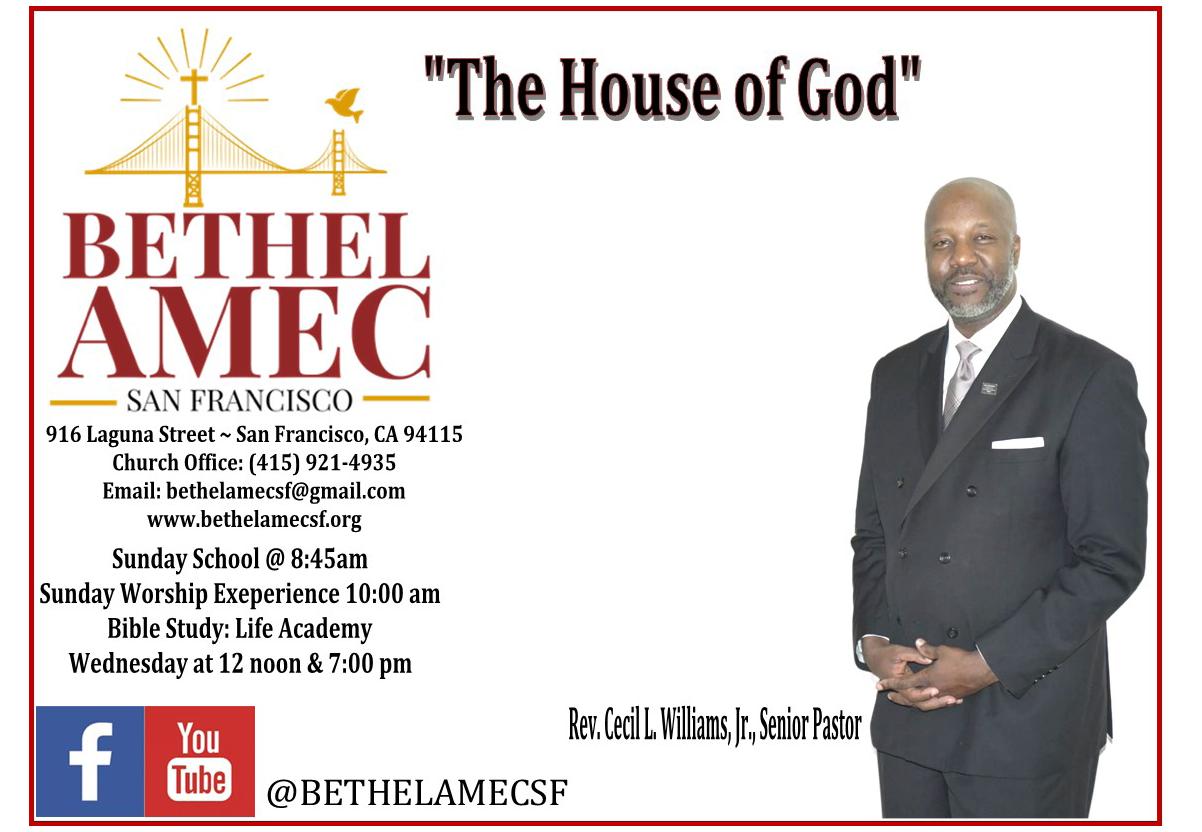
By Kristal Raheem Special to The Post
Last week, Oakland City Council voted to adopt a resolution supporting the federal Protect Black Women and Girls Act, (H.R. 7354). The federal law would establish an interagency task force to examine the experiences of Black women in U.S. society, from education to health care to jobs to housing.
A 2020 study by the Congressional Black Caucus Foundation reported that 40% of humans being trafficked in the U.S. are Black women. In 2022, the FBI reported 97,000 Black women were missing. That same year in Oakland, 400 Black women were reported missing.
Anyka Howard, founder of the Betti Ono Foundation and visionary of Black Tulip, expressed the core value of the movement and urgent need for change. “We’re not going to tolerate Oakland being a hotbed for dysfunction and violence, and perpetuating harms against Black women and girls,” Howard said. “We deserve better,
we are worthy, our lives matter, and it’s time for us to boldly, and collectively proclaim that and expect the appropriate response.”
The Council vote on Oct. 15 was just the latest reflection of a blossoming movement in Oakland demanding greater protection for Black women and girls.
From Oct. 3-5, the Betti Ono Foundation, in partnership with the Black Arts Movement Business District and Community Development Corporation (BAMB CDC), hosted their inaugural Black Tulip Cultural Week of Action.
The Black Tulip event series included a write-in at the BAMB CDC, an Oakland’s First Friday partnership, and a Day of Action at Lake Merritt.
Howard said everyone must support Black Tulip’s mission, regardless of race and other social identities. She specifically called for men to show up more as allies.
West Oakland native and founder of Black Terminus AR, Damien McDuffie, said the Town’s “pimp culture” has warped how

Black women are treated. “Oakland has a complex history around sexual assault and pimp culture, so I think we have a warped sense of what safety might look like, especially for women and girls,” Damien saud. “I think a real impact on how women are treated here in Oakland or in the Bay Area will come from a culture shift.”
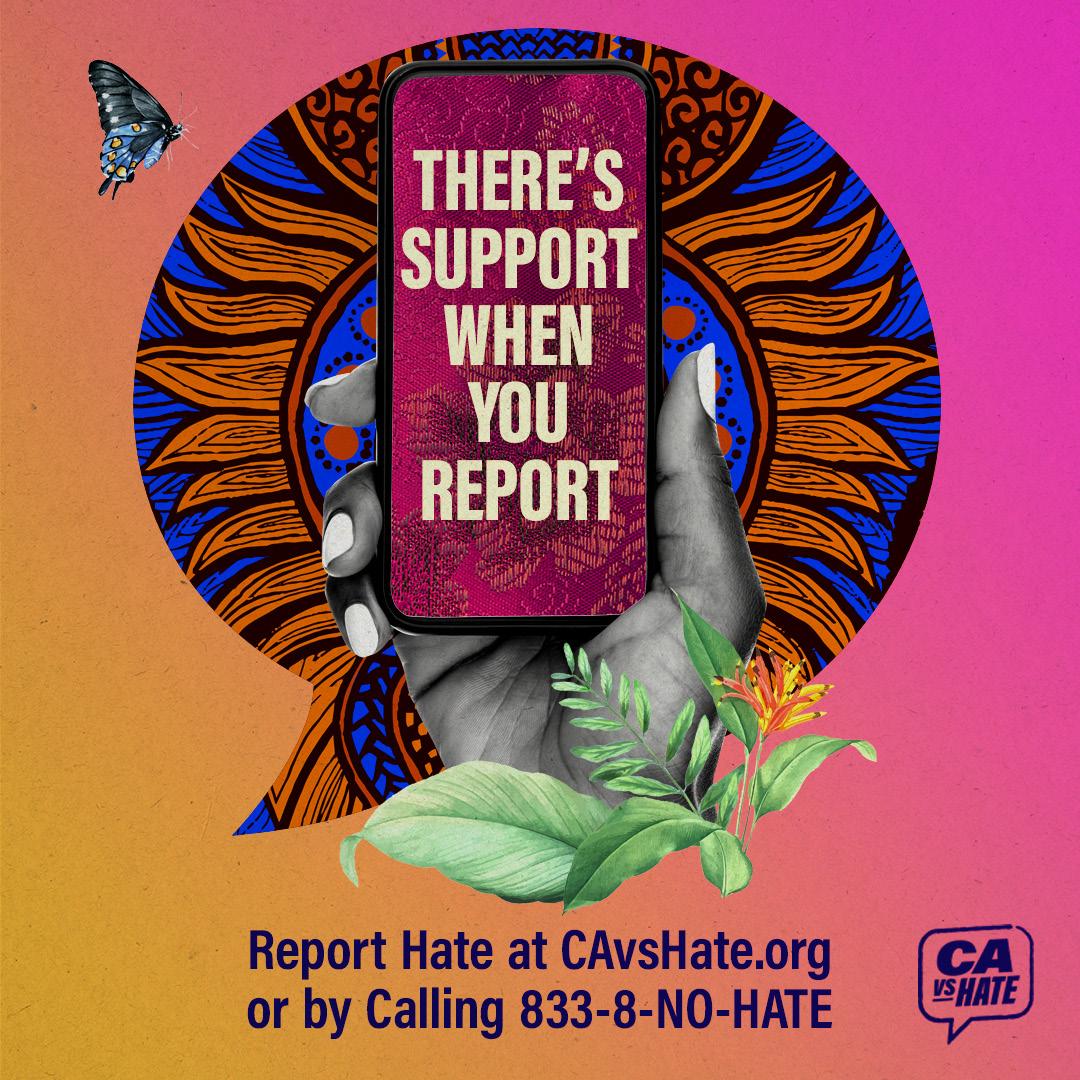
The Black Tulip Day of Action took place on Saturday, Oct. 5. Healers, poets, and musicians
joined forces to amplify joy, remembrance, and hope.
Oakland educator and healer Venus Morris co-hosted the event alongside honorary guest speaker and singer Dawn Richard.
Richard is the artist relations director with the Hip Hop Caucus, an organization that helps artists use their platform to advocate for important issues. She is also one
of 120 people being represented in a lawsuit against Sean “Diddy” Combs for alleged sexual assault and abuse.
Despite the media frenzy regarding the legal case, Richard showed up
that.”
Participants gathered to honor the lives of Black women who lost their lives to violence while also celebrating one another as the journey for justice continues.
“We are the mothers, the womb of this earth. There is no America, no globalization, no capitalism, without us,” Howard told Oakland Voices. “People are taught to see us in a particular way that does not honor who we are. Black Tulip is a reclamation of our sacredness. It’s an affirmation, a calling, a demand.”
This story was originally published by Oakland Voices (http:// oaklandvoices.us). The author previously worked as communications and public relations manager for Councilmember Treva Reid.



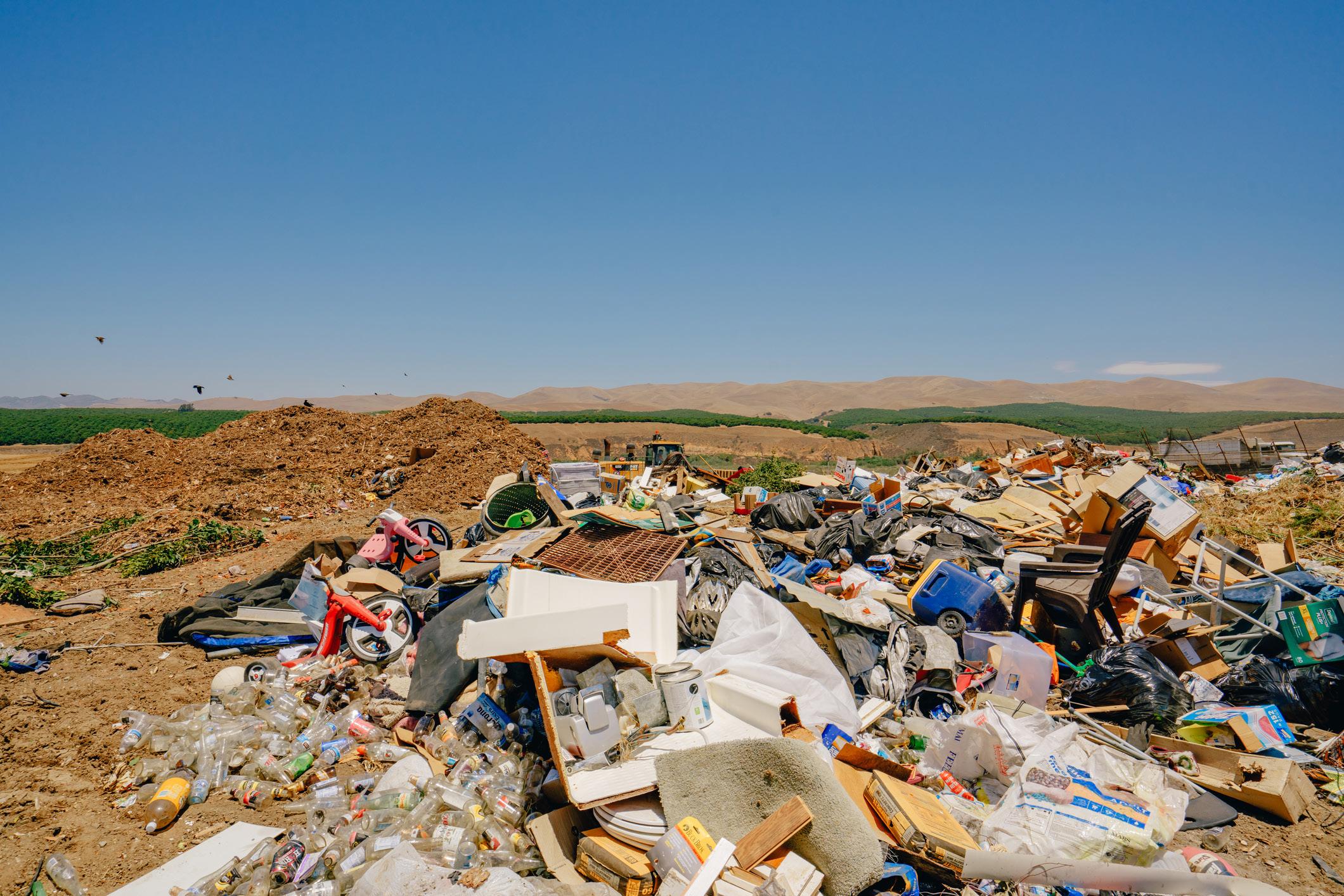
By Oakland Post Staff
Alameda County District Attorney Pamela Price, the California Attorney General’s Office, and 11 other prosecutors’ offices secured a $7.5 million settlement with Walmart on behalf of the People of the State of California.
The settlement resolves allegations that Walmart unlawfully disposed of hazardous waste and medical waste from its facilities statewide to municipal landfills. Walmart agreed to pay $4,297,040 in civil penalties and $3,202,960 in costs, to be split among the prosecuting agencies, the California Department of Toxic Substances Control, and some local environmental protection agencies. There are nine Walmart stores in Alameda County.
“Large corporations must be held accountable when they do not follow the law and put the health and safety of Alameda County residents at risk,” said Price. “I commend my office’s Consumer Justice Bureau’s active involvement in this investigation which helped bring this settlement forward and holds Walmart to account.”
The settlement is the result of over 70 covert waste inspections conducted by the district attorneys’ offices statewide from 2015 through 2021, including many assisted by Alameda County District Attorney’s Office environmental protection investigators. During those inspections, the offices inspected the waste that Walmart sent
from its stores to local landfills and found hundreds of containers of toxic aerosols and liquid wastes (including spray paints, rust removers, bleach, and pesticides), as well as medical waste (such as over-the-counter drugs).
Improperly disposed of private consumer information was also found.
The People filed a civil law enforcement complaint against Walmart in 2021, wherein those unlawful disposals were alleged to violate the Hazardous Waste Control Law, Medical Waste Management Act, and Unfair Competition Law.
The civil action and stipulated judgment were filed in Alameda County Superior Court. The Alameda County District Attorney’s Office has been involved in the investigation and civil case preparation since 2015.
The settlement also imposes injunctive terms, which require Walmart to maintain an independent, third-party auditor to conduct three annual rounds of waste audits at its facilities throughout California during the next four years. Walmart’s auditor must use specific requirements in the settlement to ensure that hazardous waste is properly classified, handled, disposed of, and transported according to California law.
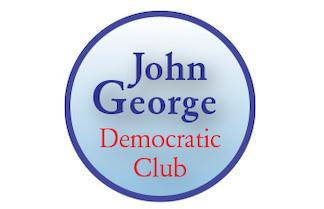
NO on the recall of District Attorney Pamela Price and Oakland Mayor Sheng Thao
Candidate Endorsements
Berkeley School Board
Oakland School Board Dist 1
Oakland School Board Dist 3
Oakland School Board Dist 5
Berkeley City Council Dist 2
Berkeley City Council Dist 3
Berkeley City Council Dist 5
Berkeley City Council Dist 6
Berkeley Mayor
Oakland City Council At-Large
Oakland City Council Dist 1
Oakland City Council Dist 3
Oakland City Council Dist 7
Oakland City Attorney
BART Dist 7
EBRP Ward 2
Peralta Area 2
EBMUD Dist 5
US Congress
CA Senate Dist 7
From primaries:
Alameda County Supervisor Dist 5
Ballot Measures
Laura Babitt
Rachel Latta
VanCedric Williams
Sasha Ritzie-Hernandez
Jenny Guarino
Deborah Mathews
Shoshana O’Keefe
Andy Katz
Kate Harrison Rank 1
Sophie Hahn Rank 2
Rowena Brown Rank 1
Charlene Wang Rank 2
Zac Unger
Carroll Fife
Iris Merriouns
Ryan Richardson
Victor Flores
Casey Farmer
Paulina Gonzales
Jim Oddie
Lateefah Simon
Jovanka Beckles
Nikki Bas
Proposition 2: Borrow $10 billion to build schools. — Yes
Proposition 3: Reaffirm the right of same-sex couples to marry. –Yes
Proposition 4: Borrow $10 billion for climate programs. –Yes
Proposition 5: Lower voter approval requirements for local housing and infrastructure bonds. –Yes
Proposition 6: Limit forced labor in state prisons. – Yes
Proposition 32: Raise the state minimum wage to $18 an hour. – Yes
Proposition 33: Allow local governments to impose rent controls. – Yes
Proposition 34: Restricts spending by health care providers meeting specified criteria. – No
Proposition 35: Make permanent a tax on managed health care insurance plans. –No
Proposition 36: Increase penalties for theft and drug trafficking. –No
Measure W – City of Berkeley – Transfer Tax — Yes
Measure X – City of Berkeley – Library Tax — Yes
Measure Y – City of Berkeley – Parks Tax — Yes
Measure Z – City of Berkeley – Sugary Beverages Tax — Yes
Measure AA – City of Berkeley – GANN Limit — Yes
Measure BB – City of Berkeley – City Rent Ordinance — Yes
Measure CC – City of Berkeley – Rent Relief Homeowners — No
Measure DD – City of Berkeley – CAFO Prohibition — No Endorsement
Measure EE – City of Berkeley – Fix the Streets and Sidewalks — No Endorsement
Measure FF – City of Berkeley – SAFE Streets — Yes
Measure GG – City of Berkeley – Fossil Fuel Tax (large buildings) — Yes
Measure HH – City of Berkeley – Indoor Air Quality — No Endorsement
Measure MM – City of Oakland – Wildfire Protection Zone. — Yes
Measure NN – City of Oakland – Citywide Violence Reduction Services. — Yes
Measure OO – City of Oakland – Public Ethics Commission — Yes
We invite you to join us to build the progressive wing of the Democratic Party.
Makes Urgent Repairs In Our Local Public Schools
Updates Technology in Classrooms
Invests in Career & Vocational Tech Programs
All funds go to local schools without raising taxes

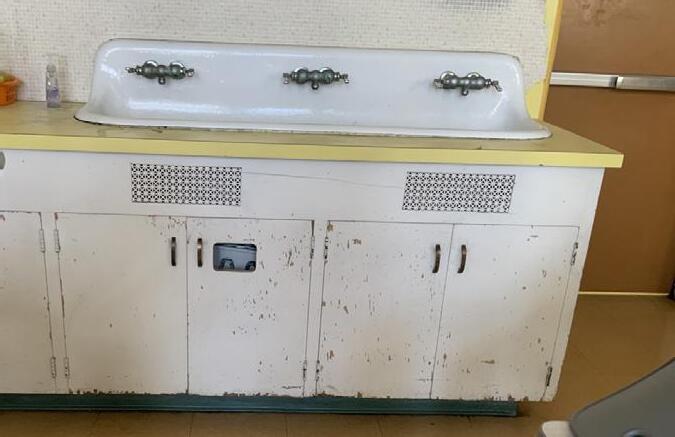


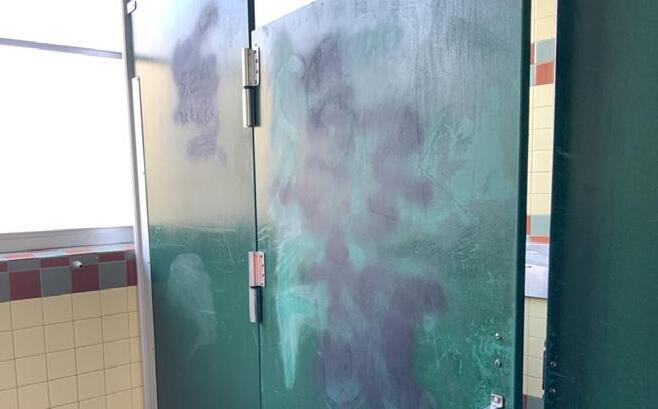
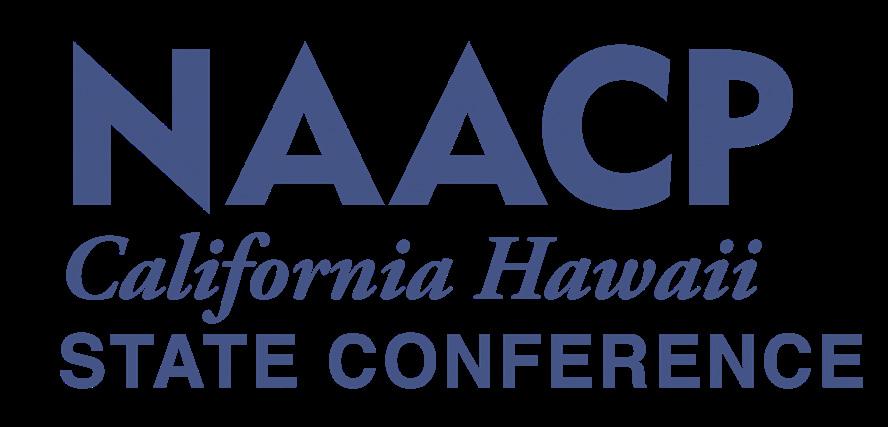
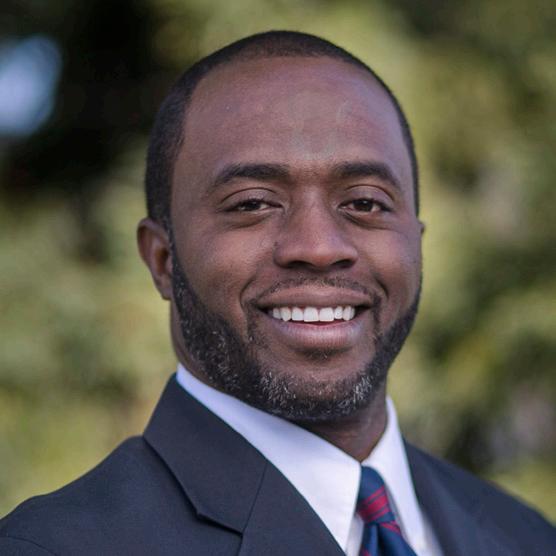
Tony Thurmond SUPERINTENDENT OF PUBLIC INSTRUCTION

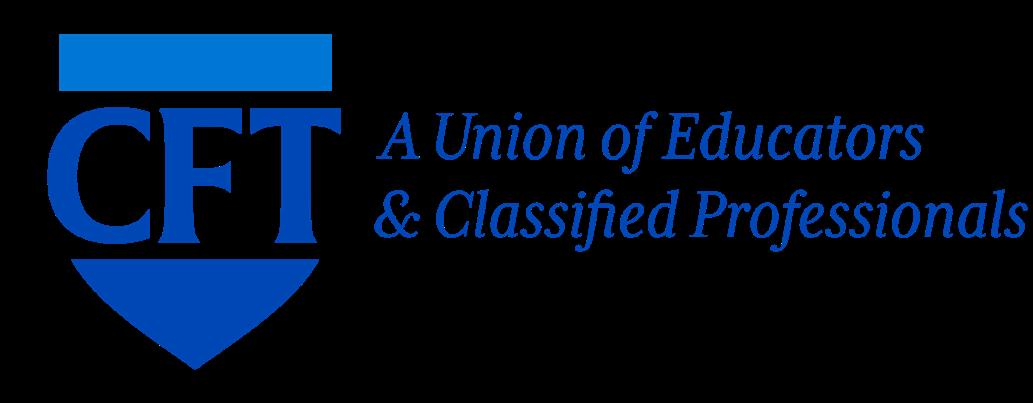
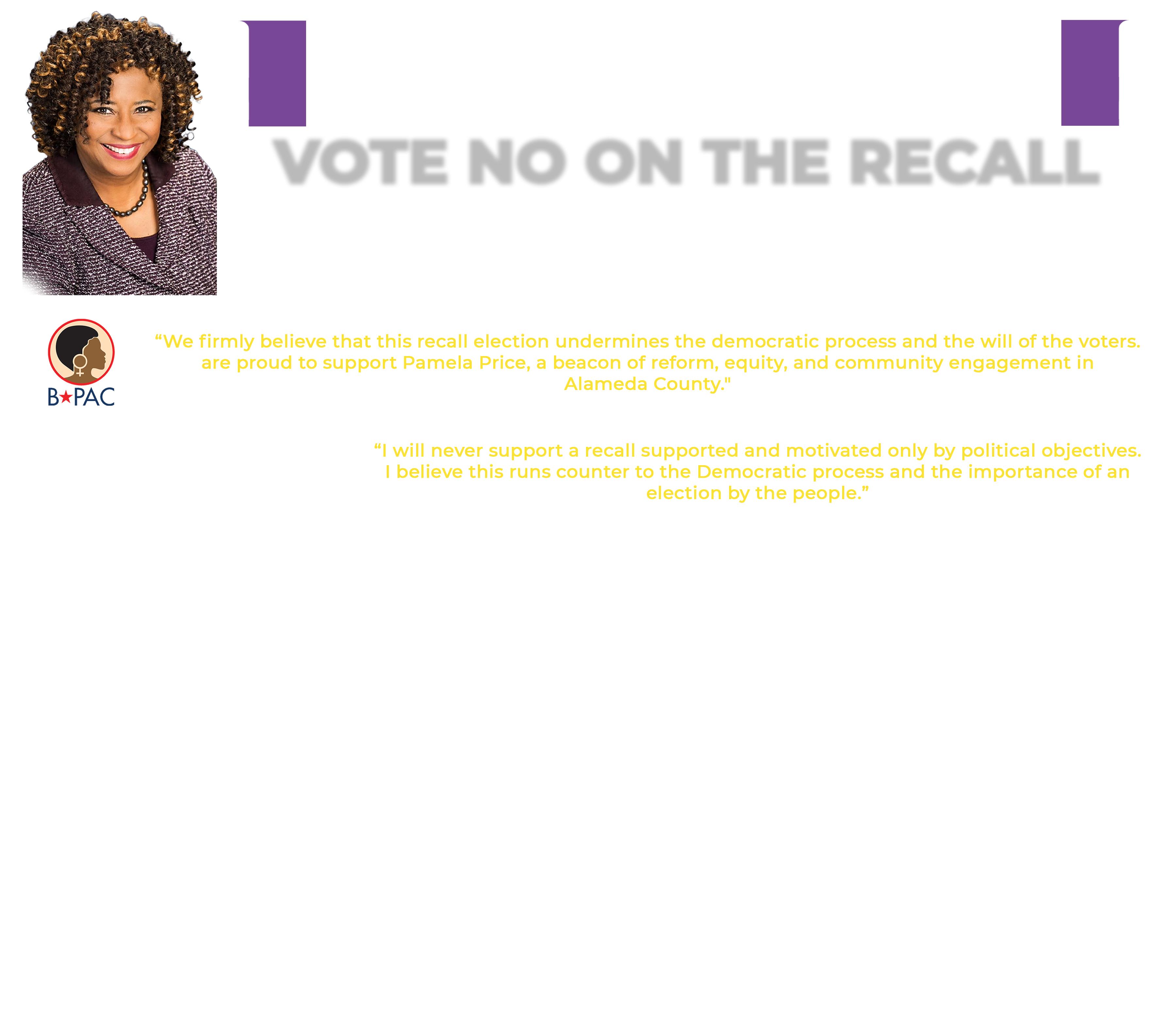


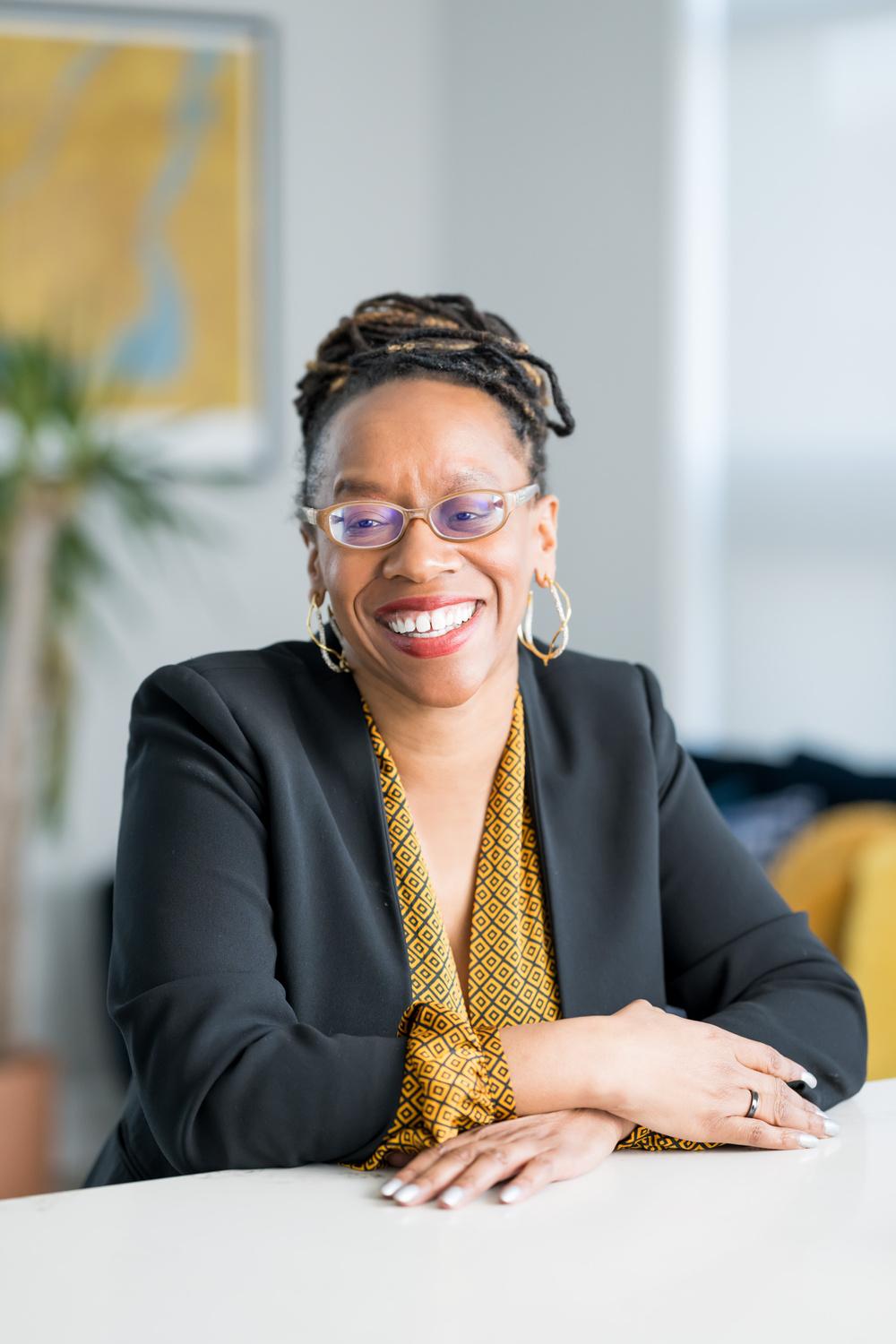
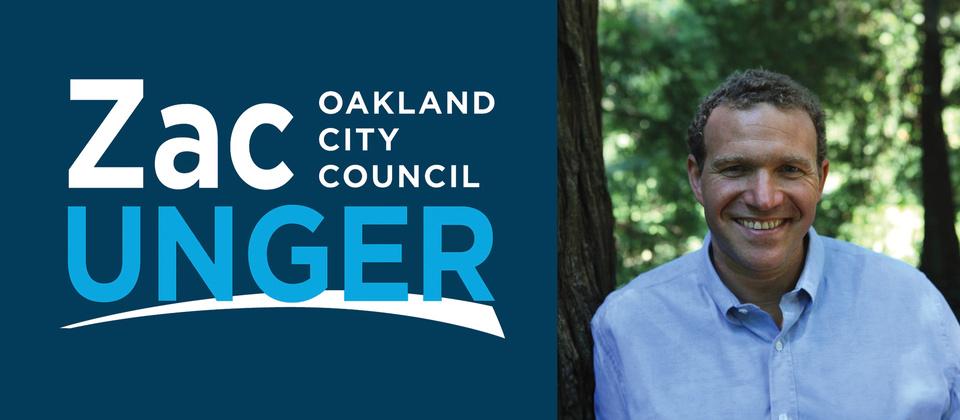
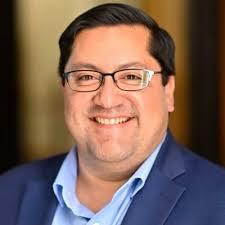
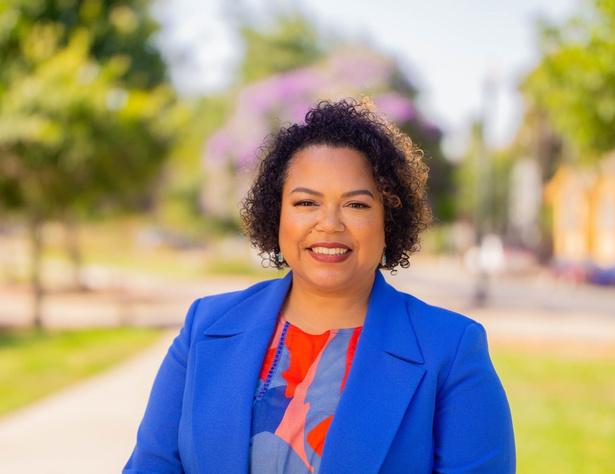
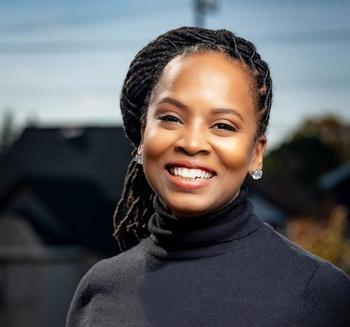
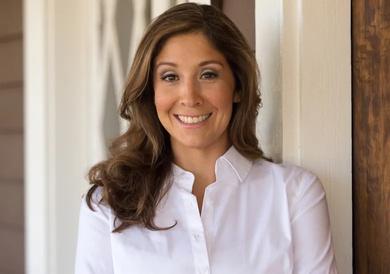
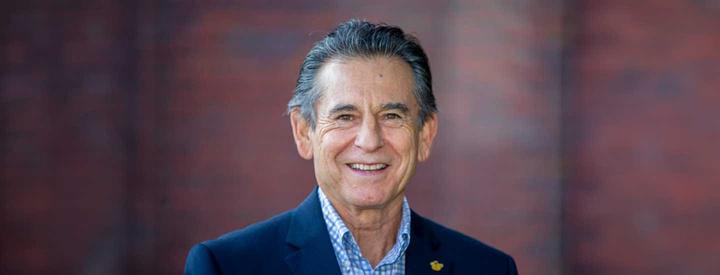
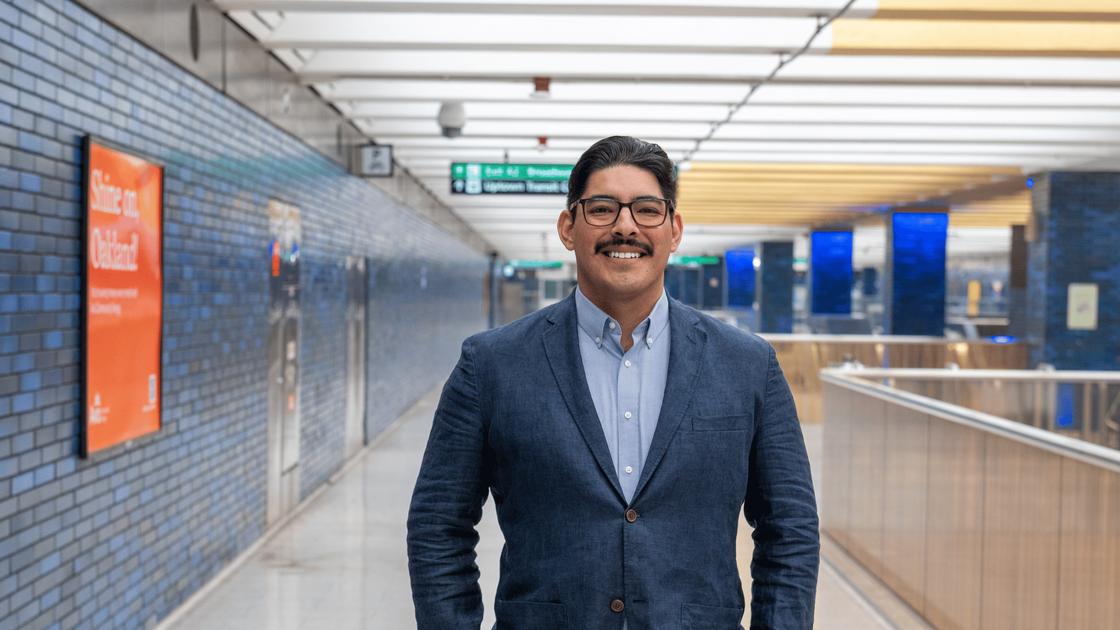

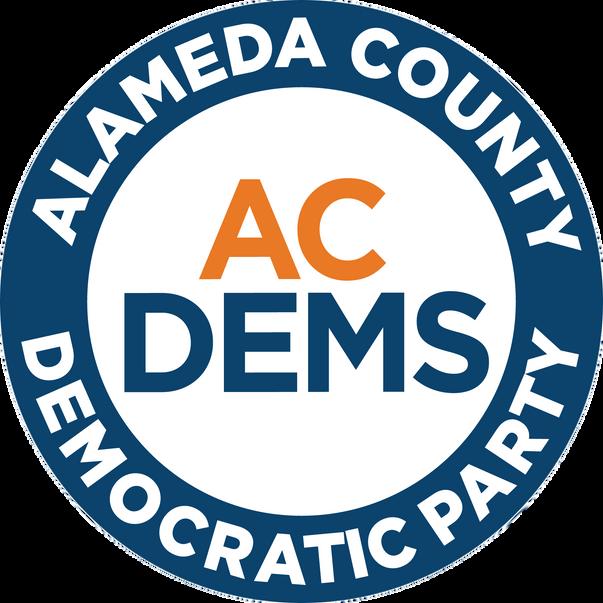
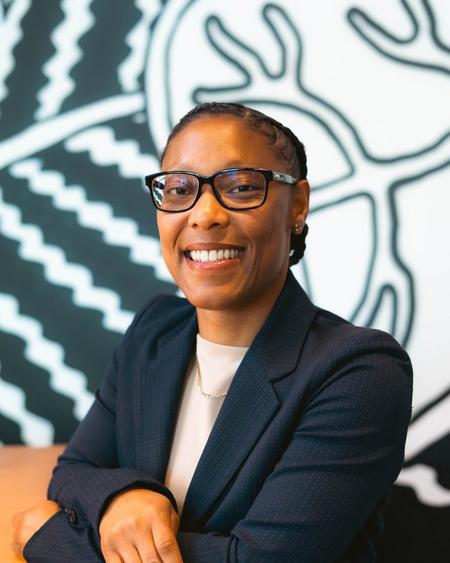
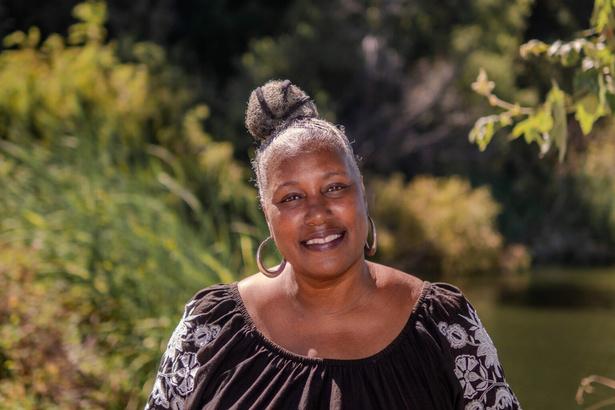
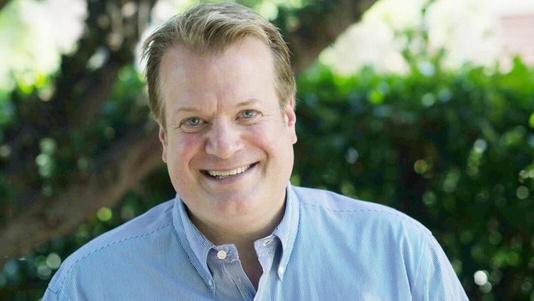
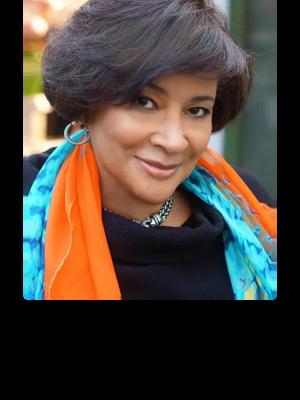
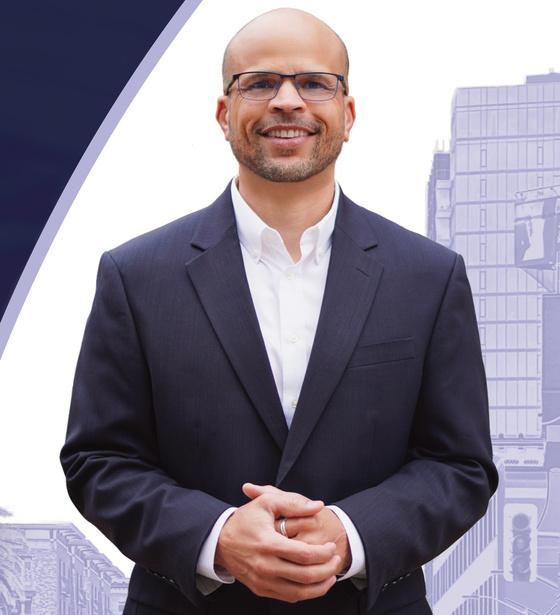
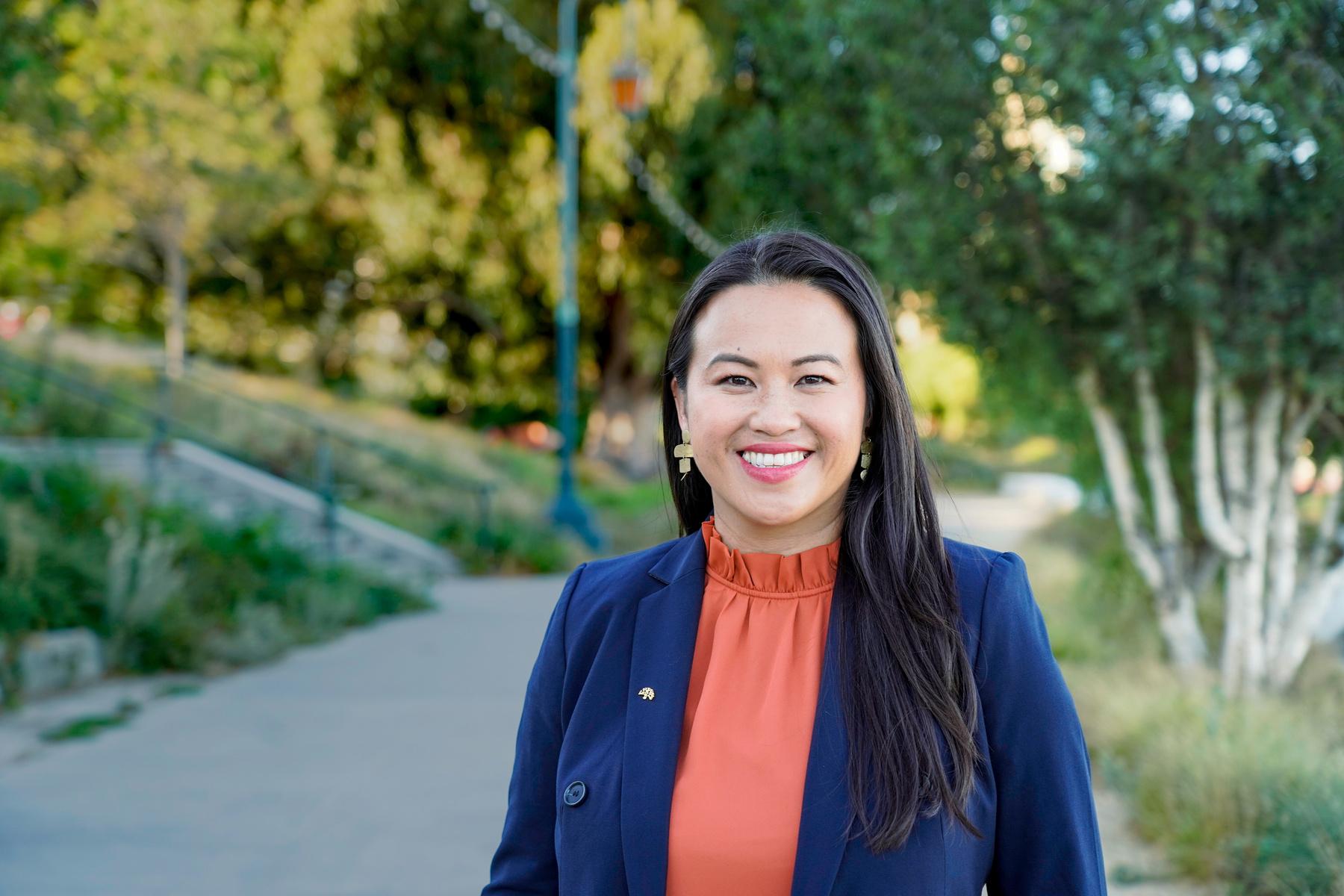
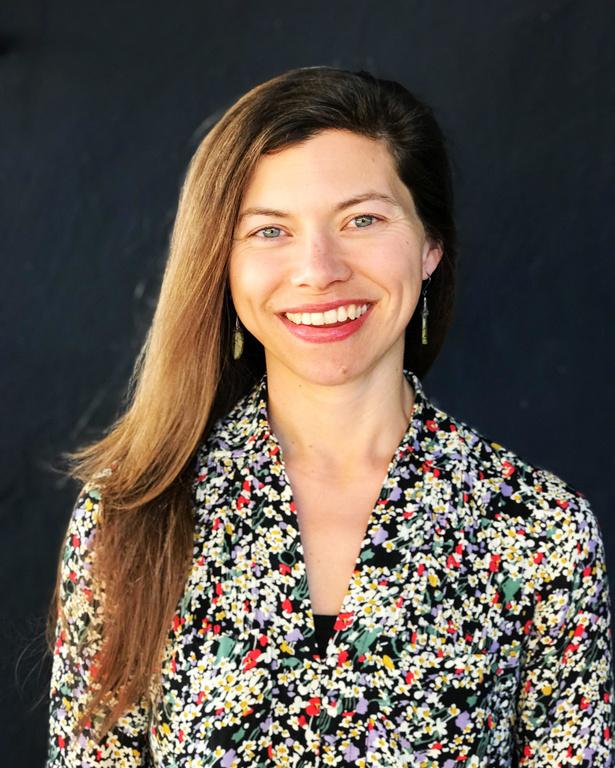
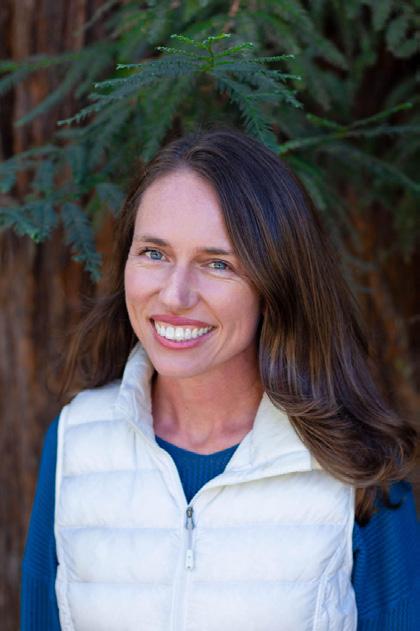
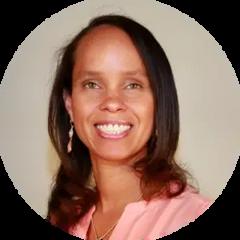
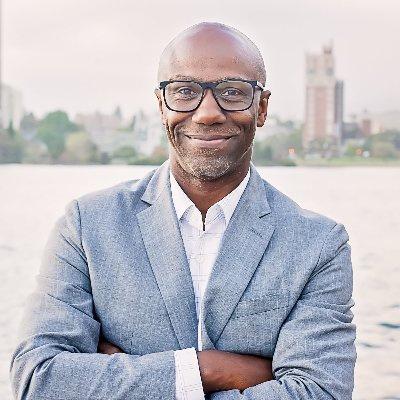
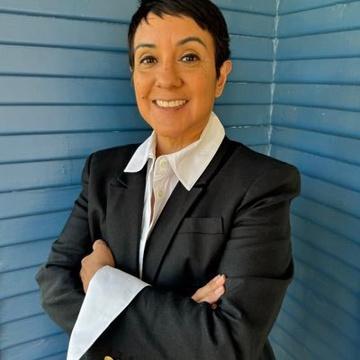






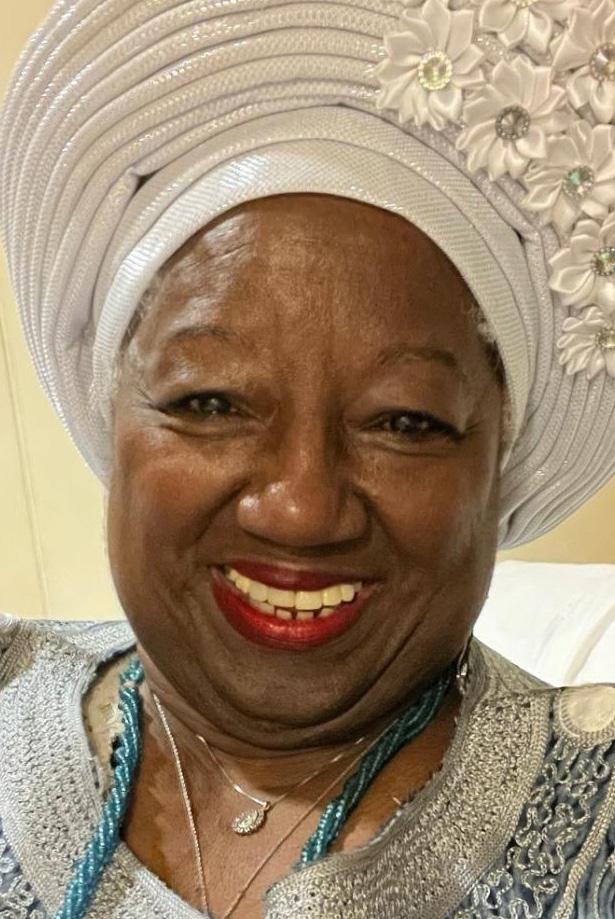

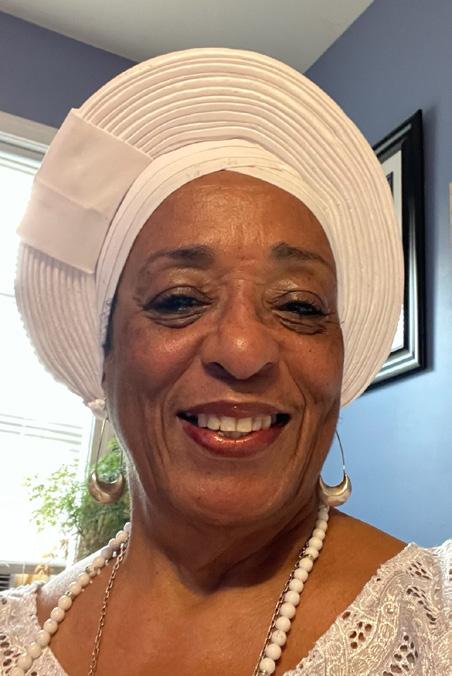
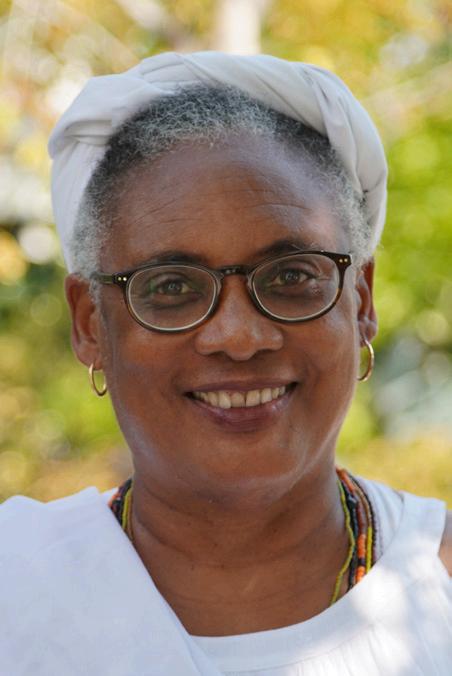
Special to The Post
The Council for Global Ancestral Reverence, a group of elders who practice African Traditional Religion (ATR), is moving into its fifth year in appealing to the blessed ancestors with an updated format and intensified focus on voting as a sacred act.
The virtual ritual will begin on Thursday, Oct. 31, and end five days later on Nov. 4, the eve of Election Day.
Begun in 2020 as victims of the pandemic died by the thousands, hastily mourned and sometimes interred in mass graves, the virtual prayer ritual was designed to bring together survivors from around the world.
At the time, the Council committed to seven years of annual prayers of elevation for the dead to project forward for seven generations. Though the specific circumstances giving rise to the ritual changed as the pandemic subsided, the threat to global well-being continues as we watch genocide unfold in Gaza, and multi-layered crises in Haiti, Sudan, and Mali.
This year, they also encourage everyone within their reach to vote because it is not only a secular and political act, but a sacred one because our ancestors were denied and died for that right, which is under ruthless at-
tack by force that would undo those accomplishments.
Called ‘Ancestral Souls Rising,’ the prayers will be led by the councilmembers and 15 priests who are in or from parts of the African diaspora: Brazil, Nigeria, Portugal, Haiti and the U.S.
Through the ritual, modeled on one created by the elder priests of Oyotunji Village in South Carolina who composed a view of the Nine Layers of the Soul, the trauma and grief experienced by people of African descent can be identified and healed.
On the first day of the ritual, practitioners will share images from their altars, pour libations and pray in the languages of their forbears – Yoruba, Edo, Fon, and Haitian Kryole – as well as English. On the remaining days of the ritual, prayers will address various layers of the soul in this order: universal, astral, human, guardian, racial, sexual, historical and national.
It was and is their intention, then, to use the cultural wisdom, the gift of prayer “and the most sacred thing we have, our breath, to send energy into the world that invokes and honors our Ancestors,” the council said in a statement.
“The Council speaks about those who live on the other side
of the veil,” said Dr. Cathy (IyaBeji) Royal. “We honor them (by) advocating for the struggle that they waged so we could live as free as possible. Now the work of the Council is to carry that struggle and that freedom forward.”
To the councilmembers, all over the age of 60, the uttered prayer and the sacred breath are oaths to an unfolding future that people still have some ability to shape.
“I am in awe with the openness of our community to foster a global connection paying homage to the sacrifices our ancestors made,” the newest member, Jennifer Dillard said.
The members of the council are: Dr. Iyabeji Cathy Royal (Maryland), Iyalocha Jennifer Dillard (Virginia), and Ohen Nedra T. Williams and Iyalocha Wanda Ravernell-Stewart (Oakland).
The Council is accepting donations to support the tech crew, but no one will be turned away for lack of funds.
For tickets, go to: https:// www.eventbrite.com/e/councilfor-global-ancestral-reverencepresents-ancestral-souls-rising24-tickets-1034436396107
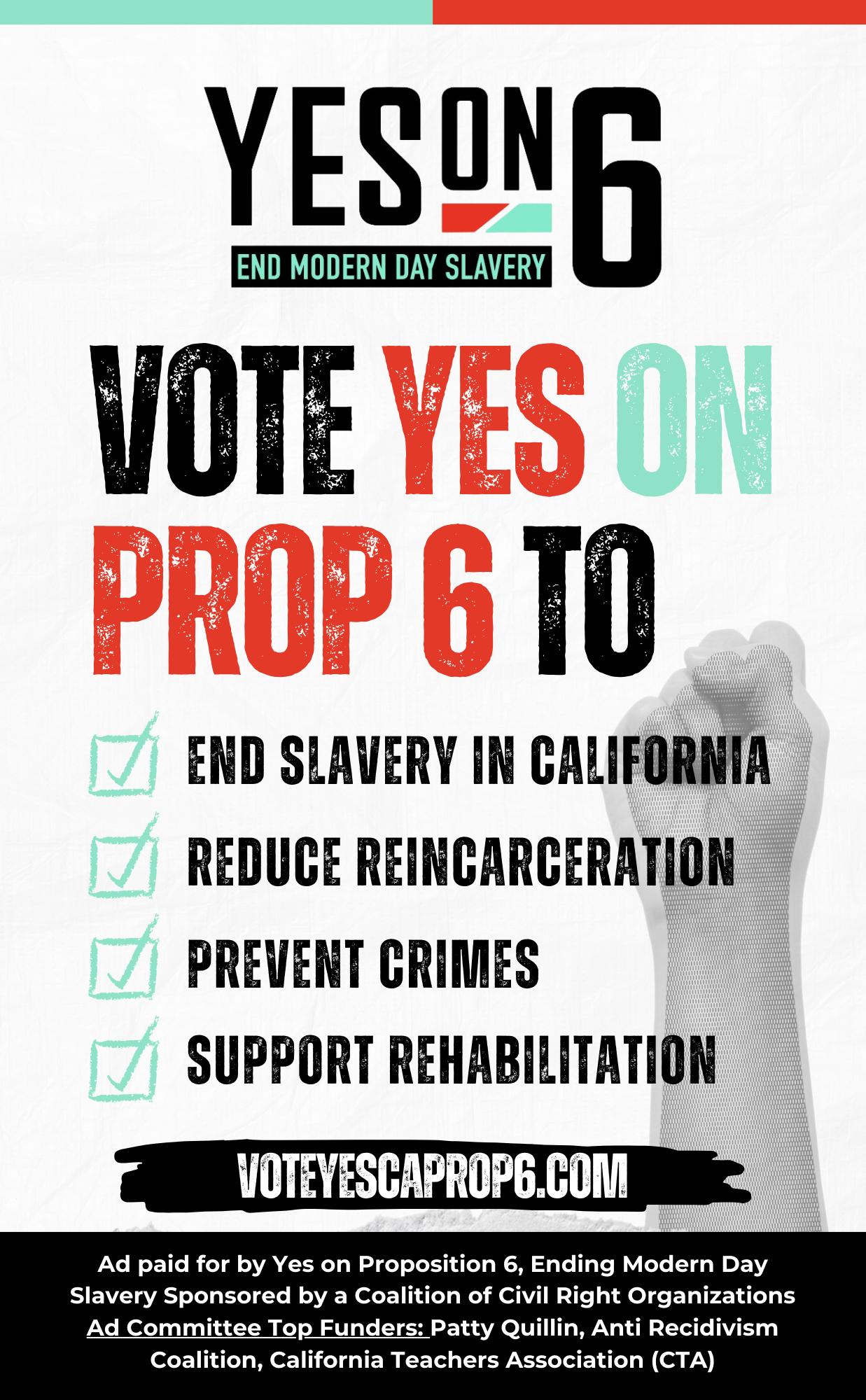
Drop, Cover & Hold On: Get 7 Tips to Prepare You and Your Family for an Earthquake

By Edward Henderson California Black Media
This year’s International ShakeOut Day was Oct. 17. Millions of people worldwide participated in earthquake drills at work, school, or home. October also marks the 35th anniversary of the 1989 Loma Prieta earthquake, which devastated the Bay Area. That 6.9 magnitude shock was responsible for 63 deaths and nearly 4,000 injuries.
Recently, Listos California, the state’s disaster preparedness program, partnered with Ethnic Media Services and California Black Media to provide vital information to help Californians be prepared in the event of an earthquake.
“Preparing can be about securing your space, having an emergency plan, minimizing your hardship after the fact by having important documents organized and in place,” said Amy Palmer, Deputy Director of Crisis Communications and Public Affairs at the California
Governor’s Office of Emergency Services (Cal OES).
The experts say there are seven key safety steps to take to make sure you and your family are prepared for an earthquake:
• Secure your space by identifying hazards and securing movable items.
• Plan to be safe by creating an emergency plan.
Organize emergency supplies in convenient locations.
Minimize financial hardship by considering insurance and organizing important documents.
Drop, Cover and Hold On when shaking begins.
• Improve Safety after earthquakes by evacuating if necessary or helping others.
• Reconnect and restore daily life by rebuilding community, and reconnecting with others.
“We’ve had a number of quakes this year where our system of statewide sensors is giving people a sig-
nificant number of seconds before the shaking starts,” said Palmer. “The key for everyone in California is to make sure that you know the phrase: ‘drop, cover, and hold on’ so that you can take action when you get an alert on your phone, or you feel the very first indications of shaking.”
To further prepare Californians for earthquakes, Cal OES hosted a tour focused on providing life-saving tips, including a simulator that can demonstrate the power of up to a 7.0 magnitude quake.
“You need to take action upon feeling shaking or receiving an earthquake early warning alert and that means truly drop, cover, hold on,” said Jose Lara, Chief of the Seismic Hazards Branch at Cal OES. “We really encourage you to practice that on your own with your all types of settings. Because without this muscle memory when shaking arrives at your location, you may not take that protective action that you need to stay safe.”
There are also several ‘myths’ about earthquake survival the campaign aims to dismiss. One is that standing in a doorway is a safe measure during an earthquake. This is NOT a safe measure due to modern building codes that have strengthened other areas in homes and commercial buildings. Another myth is that running outside is safer during an earthquake. Due to the danger of falling objects that could strike you on the way out, running outside is not encouraged.
If you’re driving during an earthquake, the best practice is to pull over if you can and wait out the shaking inside of your vehicle while looking out for debris falling onto roadways in mountainous areas.
Another critical tool, the MyShake App, connects users with the Earthquake Early Warning System designed to give residents warnings seconds before shaking starts.
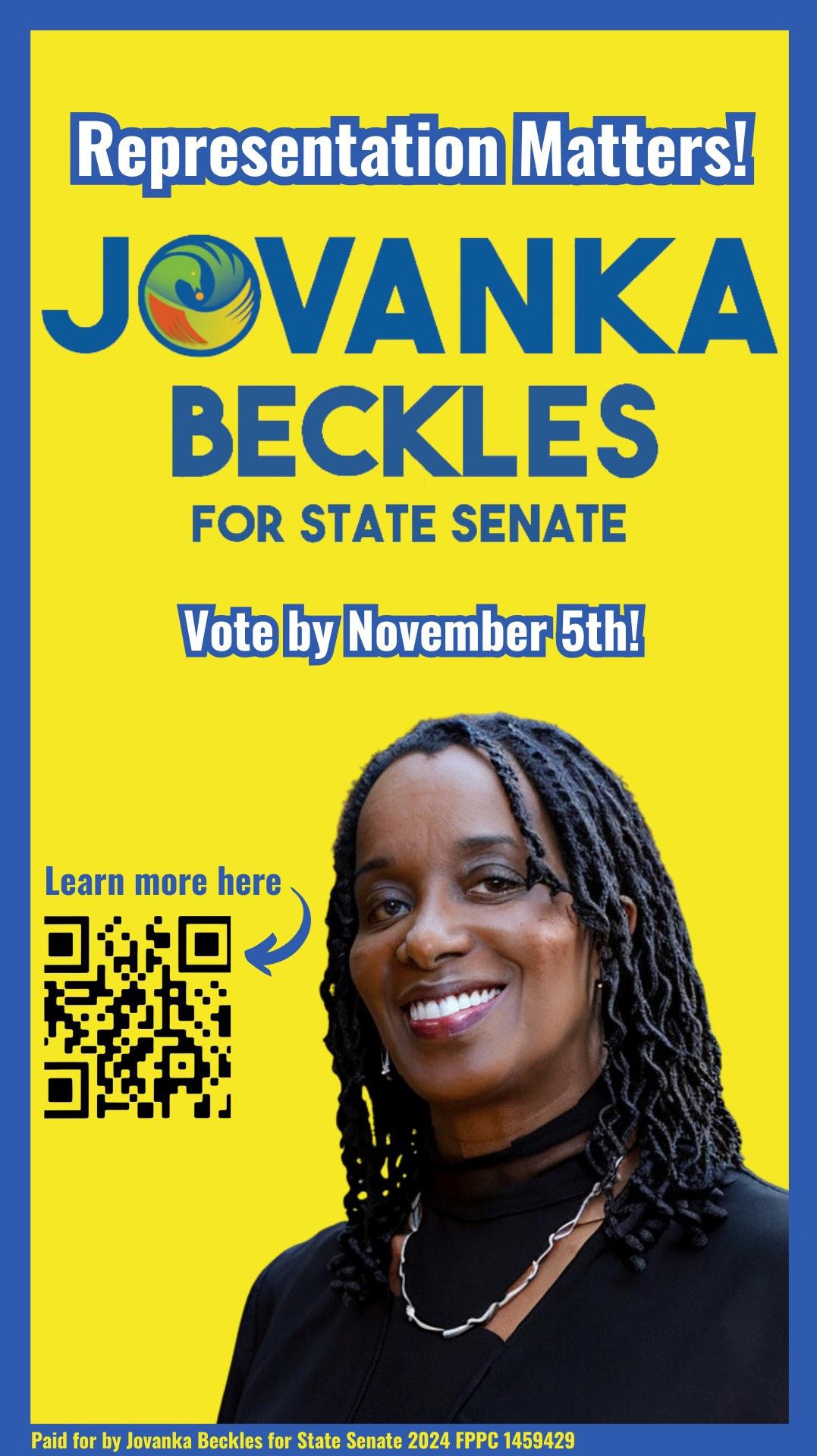
Sponsored by JPMorganChase
With the holiday season around the corner, now is an opportune time to take stock of your personal finances and get ahead of your New Year’s resolutions for 2025. No matter what turn the economy, elections and markets take, there are actions you can take to help optimize your personal finances.
Here are ten actions to help you take charge of your personal finances, assessing your current standing and taking the right steps toward setting yourself up for success in 2025.
1. Create a Wealth Plan: Develop a comprehensive wealth plan to ensure your personal and financial goals are wellaligned with your available resources. Tools like J.P. Morgan’s propriety planning tool, Wealth Plan, can help clearly see your risk exposure and cash flows to achieve your goals.
2. Hold the Right Amount of Cash: With expected interest rate cuts, ensure you have the right amount of cash on hand, and con-

sider yield opportunities that match your time horizon and liquidity needs.
3. Maximize Investment Opportunities: Volatility may resurface during election season. Stay invested for your long-term goals and evaluate opportunities to invest excess cash.
4. Complete the annual “todos”: This includes funding retirement accounts, such as IRAs and 401(k)
s, taking RMDs, and making annual exclusion gifts to take advantage of tax benefits.
5. Review your life insurance policies: Ensure your life insurance coverage is adequate to protect your loved ones. Update beneficiaries and consider whether additional coverage is needed.
6. Increase your portfolio’s tax efficiency: Implement strategies to mini-

Notice of Availability of a Final Environmental Impact Report for the San Francisco Bay Oakland International Airport Terminal Modernization and Development Project
Project Description: The San Francisco Bay Oakland International Airport (OAK) Terminal Modernization and Development Project (Proposed Project) is being proposed to address facility safety, efficiency, and modernization needs at OAK. The Proposed Project includes modernizing Terminals 1 and 2, consolidating passenger processing functions (e.g., ticketing, baggage check-in, baggage claim, security screening), constructing expanded international arrivals facilities, constructing a new terminal, relocating existing cargo and support facilities, and improving the terminal area roadway, parking areas (including some relocation), and support facilities. The Proposed Project would result in modernized and expanded facilities and up to 16 net additional gates at OAK.
Environmental Review: The Port of Oakland (Port), as the Lead Agency, has completed a Final Environmental Impact Report (EIR) that evaluates the potential environmental impacts associated with the Proposed Project in accordance with the California Environmental Quality Act (CEQA).
The Final EIR is available at: www.oaklandairport.com/terminaldevelopment. Copies of the Final EIR are also available for viewing at the following locations:
• Port of Oakland Office Lobby at 530 Water Street
• OAK Administrative Office Lobby at 1 Airport Drive
• Oakland Public Library – 81st Avenue Branch at 1021 81st Avenue; Melrose Branch at 4805 Foothill Boulevard; Asian Branch at 388 Ninth Street; and West Oakland Branch at 1801 Adeline Street
• Alameda Free Library – Main Library at 1550 Oak Street
• Berkeley Public Library – Central Library at 2090 Kittredge Street
• Hayward Public Library – Downtown Library at 888 C Street
• Richmond Public Library – Main/Civic Center Library at 325 Civic Center Plaza
• San Leandro Public Library – Main Library at 300 Estudillo Avenue
Community involvement is essential to the CEQA process. From July 17, 2023, through October 16, 2023, the Port held a public comment period to receive comments on the environmental analysis presented in the Draft EIR and held four public meetings to share information on the Proposed Project and receive comments. The Final EIR includes responses to the public comments received during the Draft EIR public review and comment period.
Certification of the Final EIR is anticipated to be considered by the Board of Port Commissioners on November 21, 2024
mize taxes on your investments, such as tax-loss harvesting and utilizing tax-advantaged accounts.
7. Review Your Asset Ownership Designations: Ensure your assets are properly titled to reflect your current wishes and potentially provide tax benefits.
8. Plan your charitable giving: Develop a charitable giving strategy that aligns with your values and maximizes tax benefits.
Consider donor-advised funds or charitable trusts.
9. Host a Family Meeting: Discuss money and family values with your family members. Align on values, disclose age-appropriate information, and build financial literacy skills.
10. Be Cybersafe in a Changing World: Enhance your cybersecurity measures to protect against scams and deep-
fakes. Verify contacts, use safe words, and be cautious with links and attachments. By taking these steps, you can better navigate the uncertainties of the economy and markets, and set yourself up for financial success in 2025. For more personalized advice, consider consulting with a financial advisor who can help tailor these actions to your specific situation.
For informational/educational purposes only: Views and strategies described may not be appropriate for everyone and are not intended as specific advice/recommendation for any individual. Information has been obtained from sources believed to be reliable, but JPMorgan Chase & Co. or its affiliates and/or subsidiaries do not warrant its completeness or accuracy.
Deposit products provided JPMorgan Chase Bank, N.A. Member FDIC. Equal Opportunity Lender. © 2024 JPMorgan Chase & Co.
Special to The Post
When grants were announced earlier this month, it was noted that seven of the 22 MacArthur ‘Genius’ Award fellows were African American. Among them are scholars, visual and media artists a poet/ writer, historian, and dancer/choreographer. The awardees receive $800,000 over a five-year period. Poet Jericho Brown is featured in the second installment published by The Post.
Jericho Brown was born in 1976 in Shreveport, Louisiana, and attended Dillard University, joining the AKAs in 1995 before graduating. He received an MFA in Creative Writing from the University on New Orleans and later a PhD from the University of Houston.
He has held a variety of academic positions, teaching English and/or Creative Writing at San Diego State University, the University of San Diego, and at workshops and conferences, including the University of Iowa.
He currently works as the director of the Creative Writing Program at Emory University in Atlanta, Georgia.
“Please,” his first volume of poetry and prose published in 2008, won the American Book Award. His third book, “The Tradition,” won the Pulitzer Prize for Poetry in 2020. Below is a description of his work from The MacArthur Foundation website.
“Jericho Brown is a poet reflecting on contemporary culture and identity in works that combine formal experimentation and intense self-examination. He reimagines well-known poetic forms and rhythmic structures in ways that heighten a poem’s emotional charge. Across three collections, Brown explores themes of masculinity, spirituality, family, sexuality, and racial identity from a personal perspective as well as from feelings inspired by pop culture

and contemporary America.
In his first collection, “Please” (2008), Brown incorporates influences from popular music, such as replicating syncopation of classic rhythm and blues, as he describes the sometimes blurred boundary between intimacy and violence.
Brown’s second book, “The New Testament” (2014), draws connections between individual suffering and broader injustices such as the HIV/AIDS crisis, mass incarceration, and community trauma.
In several poems, Brown reworks biblical passages to emphasize the isolation and oppression that many experience in America.
Brown’s calibration of form, tone, and language is even more fully realized in “The Tradition” (2019). He introduces a form of his own invention—the duplex (or gutted sonnet)—that is a fusion of the traditional sonnet, the Arabic ghazal, and the ironic holler of American blues. It comprises 14 lines of seven couplets, with the first line of each couplet echoing the second line of the previous one, and the last line echoing the poem’s first.
The circular repetition lends itself to shifts between dissonant voices or images; for example, in one duplex the speaker’s train of thought moves from a first love, to
his abusive father, to his grieving mother. In other variations on the sonnet form, shifting perspectives bring the reader face-to-face with violence inflicted on Black lives.
The title poem in “The Tradition” begins like a pastoral lyric, with a list of flower names: “Aster. Nasturtium. Delphinium.” Brown deftly touches on the evolution of Black life in America in relation to the land—sharecropping and climate change—before pulling the reader firmly into the present moment with a lament for lives cut short at the hands of police: “John Crawford. Eric Garner. Mike Brown.” Brown writes with frankness and vulnerability about love, both filial and erotic. He explores the complexities of his identity as a Black gay man and expresses tenderness and devotion toward his mother and other Black women. In poems with astonishing lyrical beauty, Brown illuminates the experiences of marginalized people and shows the relevance and value of formal experimentation.
Faith Leaders Call for NO Vote on Recall ... Ryan Richardson Is Better for Oakland ...
Continued from page 1
its budget and continue to make progress on public safety, the leaders emphasized.
“The recall of the mayor is not needed and ill-founded. Oakland does not need chaos. Oakland does not need coal dust in the air,” said Pastor Jim Hopkins of Lake Shore Avenue Baptist Church.
The pastor was referring to recall funder and hedge fund partner Phillip Dreyfuss, whose company has several billions of dollars invested in the coal industry at a time when Oakland is resisting the construction of a coal export terminal in the city.
“I love Oakland, and we need to get behind our leadership. I’m excited we have a mayor who is concerned about the people of Oakland,” said Bishop Greg Payton of St. John’s Missionary Baptist Church in West Oakland.
Said Pastor Joe Smith of Good Hope Baptist Church in East Oakland, “Our homicides are down. Police force not fully staffed. She has the rate down. Black and Brown boys not getting killed.
Mayor Thao has done this. United we stand, divided we fall. I’m here to say ‘No’ on the recall. I don’t believe in recalls. We have a good Mayor. Let’s stand with her.”
Speaking at the press conference, Mayor Sheng Thao said she has taken major steps to increase
public safety, significantly reducing crime in the city. In addition, Thao added. “In less than two years, I’ve already invested in West Oakland, and in Deep East Oakland, (and) new investments are set to bring billions to the city,” Mayor Thao said Many community organizations and leaders have stood with the mayor since the “No on the Recall” campaign launched on Oct. 6.
Those opposing the recall include the Alameda County Democratic Party, Rep Barbara Lee (D-CA-12), Sen. Nancy Skinner (D-Berkeley), Alameda County Supervisor Keith Carson, former Assemblymember Sandré Swanson, Oakland City Councilmember Carroll Fife, Oakland City Councilmember Dan Kalb, and 12 of the 16 candidates running for Oakland City Council.
In addition, a range of unions and political organizations have taken a stand against the recall effort, including the Alameda Labor Council, SEIU 1021, IFPTE Local 21, Alameda County Fire Fighters, NorCal Carpenters Union, as well as Oakland Rising Action, APEN (Asian Pacific Environmental Network), John George Democratic Club, Wellstone Democratic Club, the Latino Task Force, and others.
Q&A for Oakland Unified School Candidates, District 7...
Continued from page 1
ford Thompson. Dominic Wares, the other D7 candidate, did not respond to multiple requests for written or over-the-phone responses. Responses by Thompson have been edited for length and clarity.
Q1: What do you think the biggest challenge will be to address while on the board?
I think a continuation of a problem is going to make sure that we operate within our budget constraints. We’re looking at getting out of receivership and having our last bill paid off in June of 2026 but it scares me. If you look at the multiple year projection, it shows that we’re going to be deficient some money, which means that if we don’t make the proper cuts that we should make now, in order to balance the budget, we’ll still be in a deficit mode in the future, which means that we might have to get the state to bail us out again. If we go back into receivership, then we become necessarily a lame duck board with decisions being made by the state.
But number two is getting the board to focus on the major issue, which is making sure that our students graduate with flexibility [and with options]. Another challenge that’s facing us is a lot of students saying that their social, emotional character has been affected by the COVID-19. The pain is a mental pain, not necessarily a physical pain, but because it’s a mental pain, it affects how kids show up physically. We, as a board, have to focus on minimizing the effect of the pandemic isolation time the kids were facing.
Q2: Given the large financial debt OUSD has and the looming threat of school closures, how will you ensure that funding for essential resources remain for students? What ideas do you have that do not include closing down schools?
We’re looking at not just closing schools, we’re looking at all of the avenues that we can actually pursue in order to balance the budget so that we don’t have to close
Oakland Youth Cast Their Ballots for the First Time ...
Continued from page 1
of allowing 16 and 17 year old students the right to vote for school board directors.
Natalie Gallegos Chavez, a second-year UC Berkeley student, was part of the early campaigning for youth vote and said she’s proud of the efforts of students to make this moment happen.
“I'm just so happy that our young people never stopped actually fighting for this change because it was so hard to actually get it implemented,” Chavez said.
The measure that allowed youth voting, Measure QQ, was passed in 2020, but got stuck for four years at the county level while the Alameda Registrar of Voters figured out a plan to implement the right voting software that recognized teen voters.
Oakland now becomes the largest city in the nation to allow teen voting. Students in Berkeley will also get the chance to vote in school elections, having passed their own measure eight years ago.
Students have often shared their frustration during campaigning for this voting ability, stating that adults did not take them seriously and didn’t believe that they were educated enough to understand the political process of voting.
ballot drop off box outside of the courthouse while their fellow students cheered them on.
Alexis Garcia, a Fremont High School student voting for District 7, said he was thrilled to finally reach this moment of casting his vote after spending so much time educating others on the issue. He added that this movement helps prepare students for voting on a larger scale, like state and national elections, once they graduate high school.
“It's absolutely exciting. I feel like my voice matters,” Garcia said.
Several students have shared that now that they get the opportunity to vote, they hope the board will think twice before taking action on important topics without seeking their input.
Maximus Simmons, one of two student directors on the Oakland Unified board, gave an impassioned speech about the need to have student voices heard, especially when those decisions impact them.
“Now I've heard many times that our generation is soft, weak, and pampered, and in reality, we are resilient, open minded, brave, but better than all of those, we aren't scared to speak our truth,” he said.
Continued from page 1
for the position of Oakland City Attorney in November: current Assistant Chief City Attorney Ryan Richardson and retired judge Brenda Harbin-Forte.
Richardson has worked in the Office of the City Attorney since 2014 and is likely to continue current City Attorney Barbara Parker’s policies managing the department. He has committed not to accept campaign contributions from developers who want to store and handle coal at a proposed marine terminal in Oakland.
Retired Judge Harbin-Forte launched and has played a leading role in the campaign to recall Mayor Sheng Thao, which is also on the November ballot. She has stepped back from the recall campaign to focus on her candidacy. The East Bay Times noted, “Harbin-Forte’s decision to lead the recall campaign against a potential future client is … troubling — and is likely to undermine her ability, if she were to win, to work effectively.”
Harbin-Forte has refused to rule out accepting campaign support from coal terminal interests or their agents. Coal terminal lobbyist Greg McConnell’s Independent Expenditure Committee “SOS Oakland” is backing her campaign.
because the City “rejected a ‘no coal’ settlement.” This is lobbyist McConnell’s narrative, in contrast to the report by City Attorney Barbara Parker. Parker has explained that the City continued to negotiate in good faith for a settlement with no “loopholes” that could have allowed coal to ship through Oakland – until would-be coal developer Phil Tagami broke off negotiations.
One of Harbin-Forte’s main priorities, listed on her website, is “reducing reliance on outside law firms,” and instead use the lawyers working in the City Attorney’s office.
However, sometimes this office doesn’t have the extensive expertise available that outside firms can provide in major litigation. In the ongoing, high stakes coal litigation, the City has benefited from collaborating with experienced, specialized attorneys who could take on the nationally prominent firms representing the City’s opponents.
schools. Closing schools is just one option.
I think a number of people in the community think that the board wants to close schools, but the board doesn’t necessarily want to close schools. We want to do what’s necessary to make the district whole, so that the district keeps functioning, and we don’t have to take out a loan from the state. We want to make sure that we’re operable as a successful district giving all of the opportunities to kids that they need, making sure that we address union issues so that we’re compliant when it comes to the OEA (Oakland Education Association), and making sure that we’re hearing the voices from the community in terms of what they feel they need at that time. We want to look at everything and see how we can best leverage whatever opportunity we have in order to make sure that we operate in the black and not in the red.
Q3: Students have reported feeling as though there is not enough inclusivity amongst their peers, often feeling a divide with those of other race and ethnic backgrounds. What do you think is the best way to foster an environment where students are not feeling excluded because of their background and differences to peers?
What needs to happen is voices need to be given to each person, and you need to value whatever their contribution is. When you exclude kids and you don’t allow their voice to be heard, then you’re in essence saying, ‘I don’t value what you have to say.’
Sometimes you have to go out of your way just to make sure that certain groups are at the table. For instance, if a person has a problem with people of color, you need to make sure you have people of color at the table, and you need to encourage those individuals to voice their opinion. You have to make sure you provide a seat at the table, but then you have to lower their affective filter so that they can actually voice their opinion
Chavez told the Post that many students that they spoke to were already dealing with adult-level problems, such as translating important documents for parents or helping family members fill out election ballots. This meant that several students were already educated on the importance of voting and would take this new chance seriously.
Students who filled out their ballot early were escorted to the
Simmons shared that he once thought youth voting was unattainable and something you could only dream of, “because our system is built off the ideas of old white men, refusing to look through our perspectives.”
This step is the biggest students have taken since the initial movement in 2019, but they are assuring folks that they are not done fighting until all their rights and demands are heard and completed.
“How does it feel to be a part of history?” Simmons chanted.
Q&A for Oakland Unified School Candidates, District 5 ...
Continued from page 1
debt OUSD has and the looming threat of school closures, how will you ensure that funding for essential resources remain for students? What ideas do you have that do not include closing down schools?
Berry: First, I would love to work with other school board members, the superintendent, students, families, educators, and others to identify a set of budget scenarios that do not include school closures because our unique school communities are often also essential resources for students and families. To protect funding for essential resources for students, we have to consider strategies to reduce costs [such as] eliminating redundancies and inefficiencies, as well as opportunities to increase revenue.
One of my first priorities will be to work with colleagues and our communities to identify other sources of revenue that could generate income in the immediate future, over time, and in the long term. Potential sources of new revenue include leasing land to develop affordable housing or housing for educators we want to attract and retain in the district, renting or leasing space to maximize the use of underutilized buildings for community-driven programs and services, and tapping into county and state grant programs dedicated to mental health and wellness, violence pre vention, homelessness prevention and other major challenges that im pact education.
Q3: Students have reported feel ing as though there is not enough inclusivity amongst their peers, often feeling a divide with those of other race and ethnic back grounds. What do you think is the best way to foster an environment where students are not feeling excluded because of their back ground and differences to peers?
Berry: First, I think inclusivity is something that should be prioritized and developed into the DNA of a school community even when there is a sense that exclusion does not exist or isn’t prevalent. Sometimes, students experiencing exclusion also experience the marginalization
of their voices such that to others, it may not be readily obvious that it’s happening.
Second, one of the best ways to foster an environment where students do not feel excluded is to get to know and understand our students, which is inherently valuable but also absolutely necessary in order to develop responsive learning communities that embrace all of our young people. I have had so many students tell me that one of the things they desire the most is listening and genuine curiosity. If we work with students to build a culture of listening and curiosity, we’re also likely to create a culture where differences are considered opportunities instead of challenges.
I also think student leadership helps build safe spaces for students, and representation among educators is also critical [because] they represent the diversity of our students. The more our learning environments reflect the diversity of our students and their experiences and perspectives, the more likely all of our students will feel a deep sense of belonging.
In the 2022 mayor’s race, parties hoping to build a coal terminal made $600,000 in contributions to another of McConnell’s Independent Expenditure Committees.
In a recent interview, HarbinForte said she is open to “listening to both sides” and will be “fair.” However, the City Attorney’s job is not to judge fairly between the City and its legal opponents – it is to represent the City against its opponents.
She thought that the 2022 settlement negotiations ended
The City will continue to need this expertise as it pursues an appeal of the judge’s decision that restored the developer’s lease and defends against a billion-dollar lawsuit brought by the hedge fund operator who holds the sublease on the property.
Harbin-Forte’s unwillingness to refuse campaign contributions from coal terminal interests, her opposition to using outside resources when needed, as well as her uncritical repetition of coal lobbyist McConnell’s claim that the City sabotaged the settlement talks of 2022 all raise serious concerns about how well she would represent the best interests of Oakland and Oaklanders if she is elected City Attorney.
Oakland’s Asian Community Rallies Against Recall ...
Continued from page 1
united in opposition to Thao.
“The billionaires, the millionaires, are going to want to tell you that it’s not working and that somehow you shouldn’t believe the data,” Thao continued. “(However) the data shows that we are saving lives. That is a huge win. It’s not good enough. But it’s a place where we’re proud to start from.”
“You know who is behind this recall. It is majority funded by one executive (of a) hedge fund who doesn’t even live in Oakland. He does not care if this brings Oakland into chaos, because that’s exactly what his recall will do. Imagine a city with no leadership (for many months),” added Thao.
Another speaker, Stewart Chen, owner of a small business in Chinatown and a prominent political leader, has taken a strong stand against the recall.
“Mayor Thao (was) in office for less than two months before the recall started. I think it’s unfair. She hasn’t had time to prove her policies and her leadership,” Chen said.
“(Only) two months. That is not democratic. She campaigned hard and was duly elected, -justly, legally, democratically,” he said.
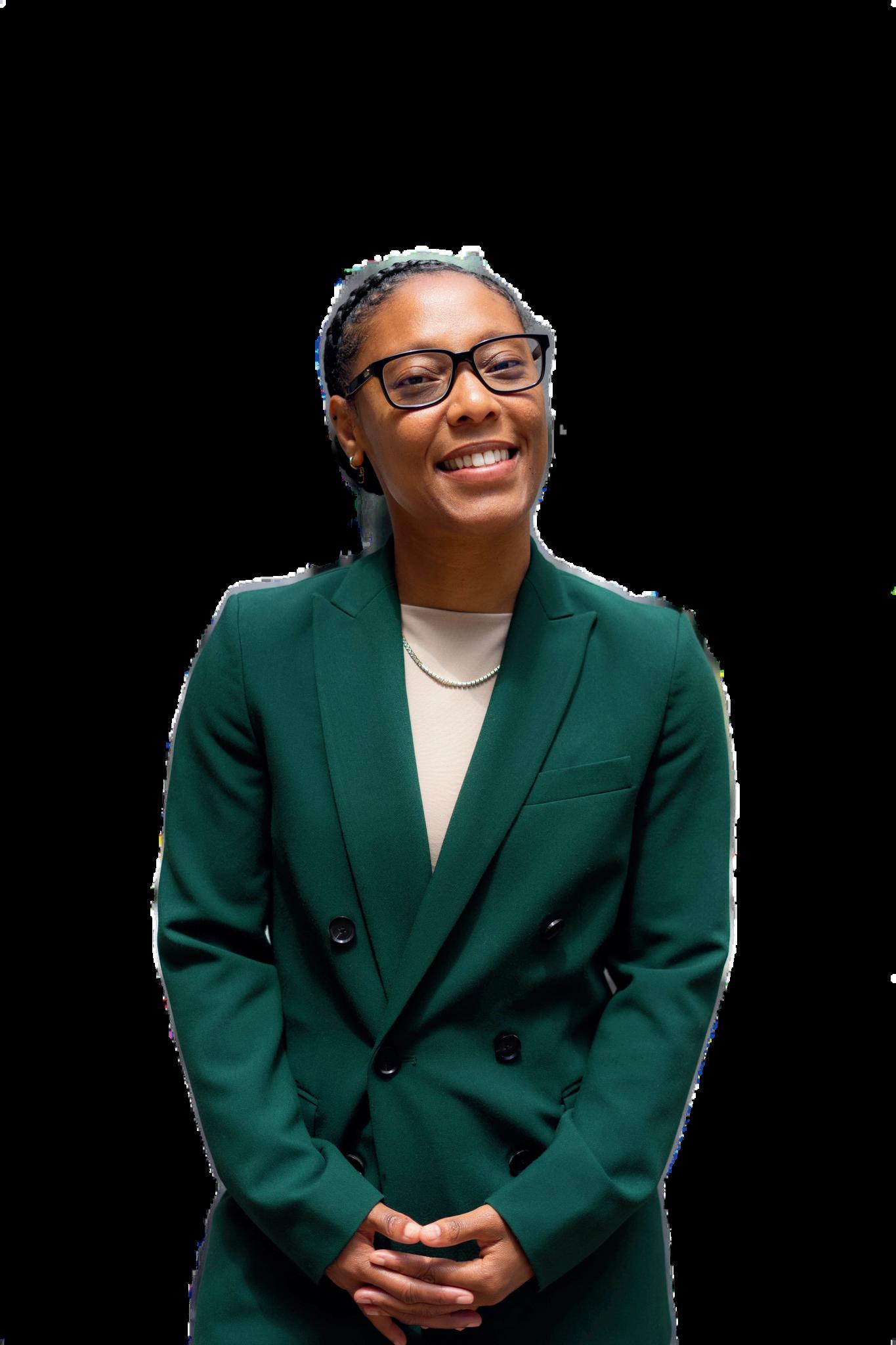
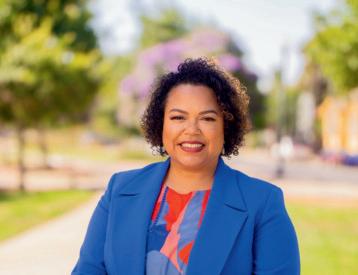
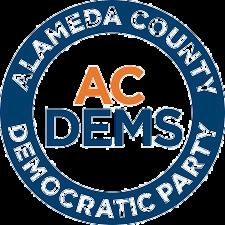
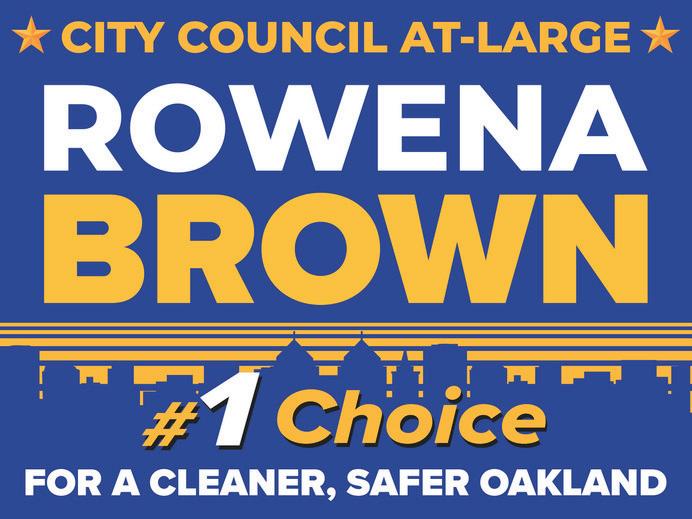
“The Chinatown community, we’re all here, (because) we want to see Mayor Thao (here) for the next two years” to complete her term, Chen said.
Other speakers included Kenneth Tang, organizing director of Asian Pacific Environmental Network (APEN) Action – who said he and other APEN Action members came to the rally because, “We support Mayor Thao.”
Elaine Peng, president of Asian Americans for Progressive Alameda, (AAPA) brought out people to the rally. Her organization is also actively working to elect U.S. Vice President Kamala Harris. Mariano Contreras of the Latino Task Force and a leader of the “Respect Our Vote – No Recalls!” coalition, said, “There was a time when African Americans could not vote. There was a time when Asians could not vote. There was a time when Latinos could not vote. That was called voter suppression. This is another form of voter suppression. We already cast our ballot for Mayor Sheng Thao. Please, vote ‘no’ on the recall.”
